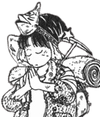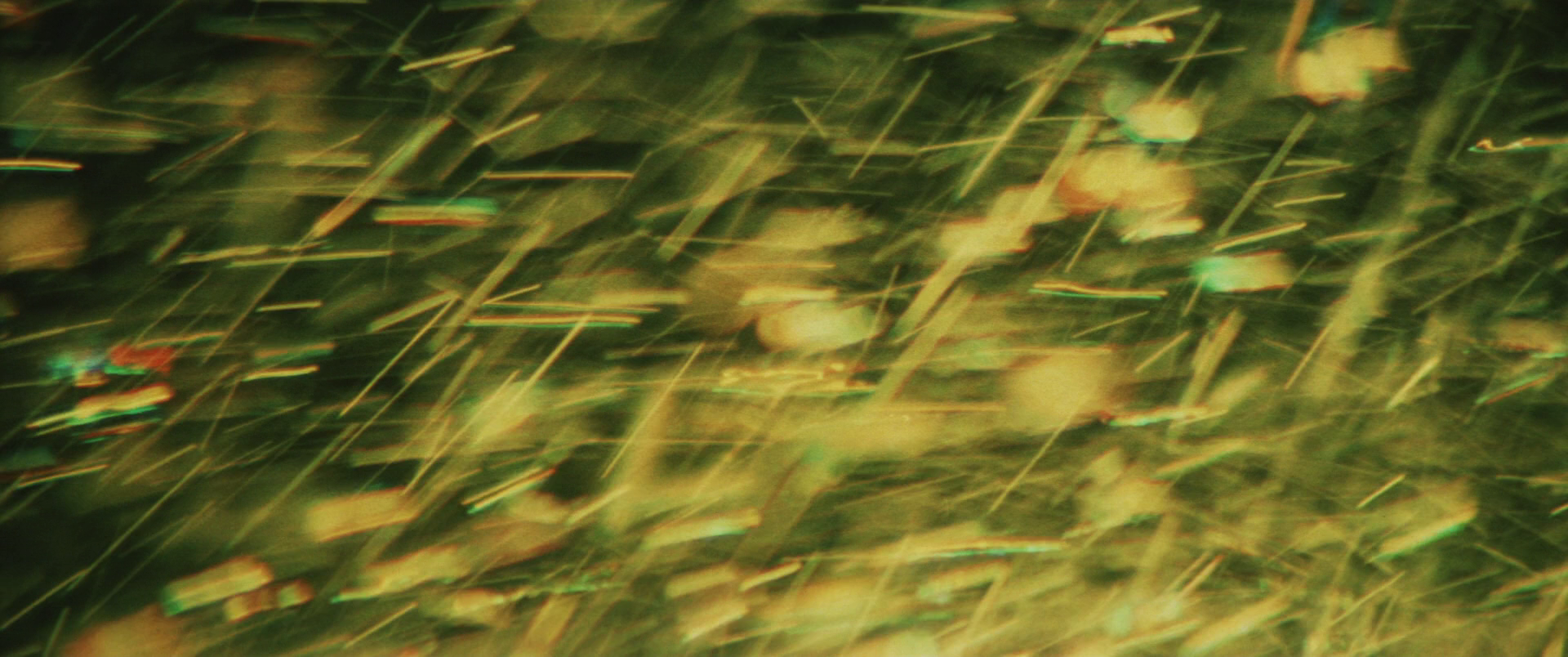In Translation | "Just a Man" and "A Bird" by Taro Higuchi
Two disaffected new wave one-shots from an artist lost to time.

Taro Higuchi is a mystery. Once a regular contributor to COM magazine during its height, sharing a stage with some of manga's most famous and beloved artists, his name has been all but forgotten. Every artist I've previously shared had found their own success and legacy--be that commercial or critical, in or out of the manga world--giving them a dedicated amount of fans no matter how small even today. But search Higuchi's name online? Next to nothing. Never serialized, never reprinted, never really given a chance at a second life.
I hope to do a more in depth dive on the man some day (I have plenty more from him to share) but for now, I have to admit it: I don't know a single thing about him.
Which is such a shame, because Higuchi had talent to spare. All of his work is so intensely of its time (in a good way)--these disaffected, surreal, and political laments. There aren't many manga artists I've experienced who so purely capture the stylings and concerns you could expect find in say, Japanese new wave cinema.
And today I'm happy to share two largely silent one-shots from him: "Just a Man" from the May 1969 issue of COM, and "A Bird" from the July 1969 issue of the same magazine. These represent, as far as I'm aware, the first time in the world any of Higuchi's manga has been made available since their initial publication.
Enjoy!
"Just a Man"
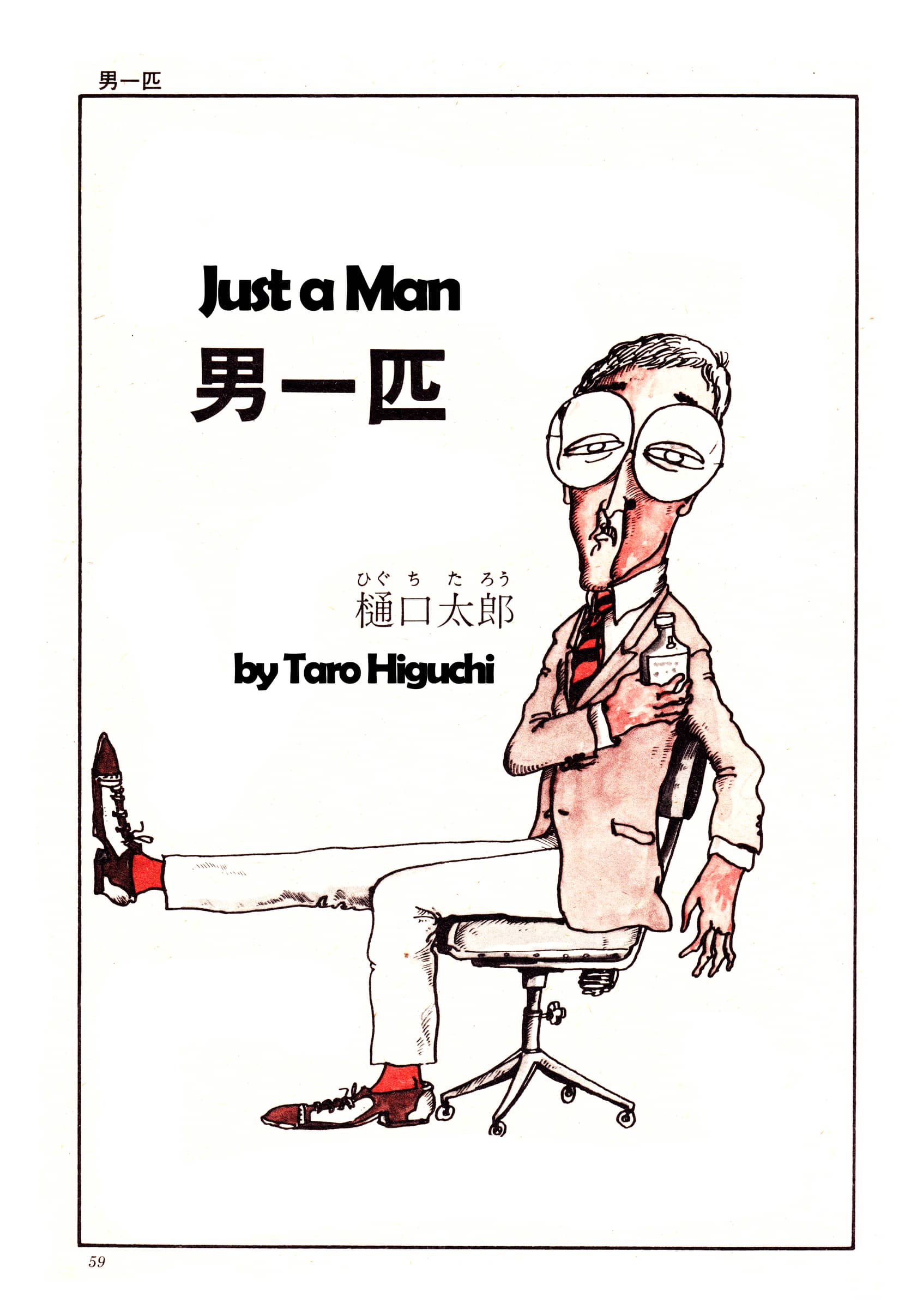
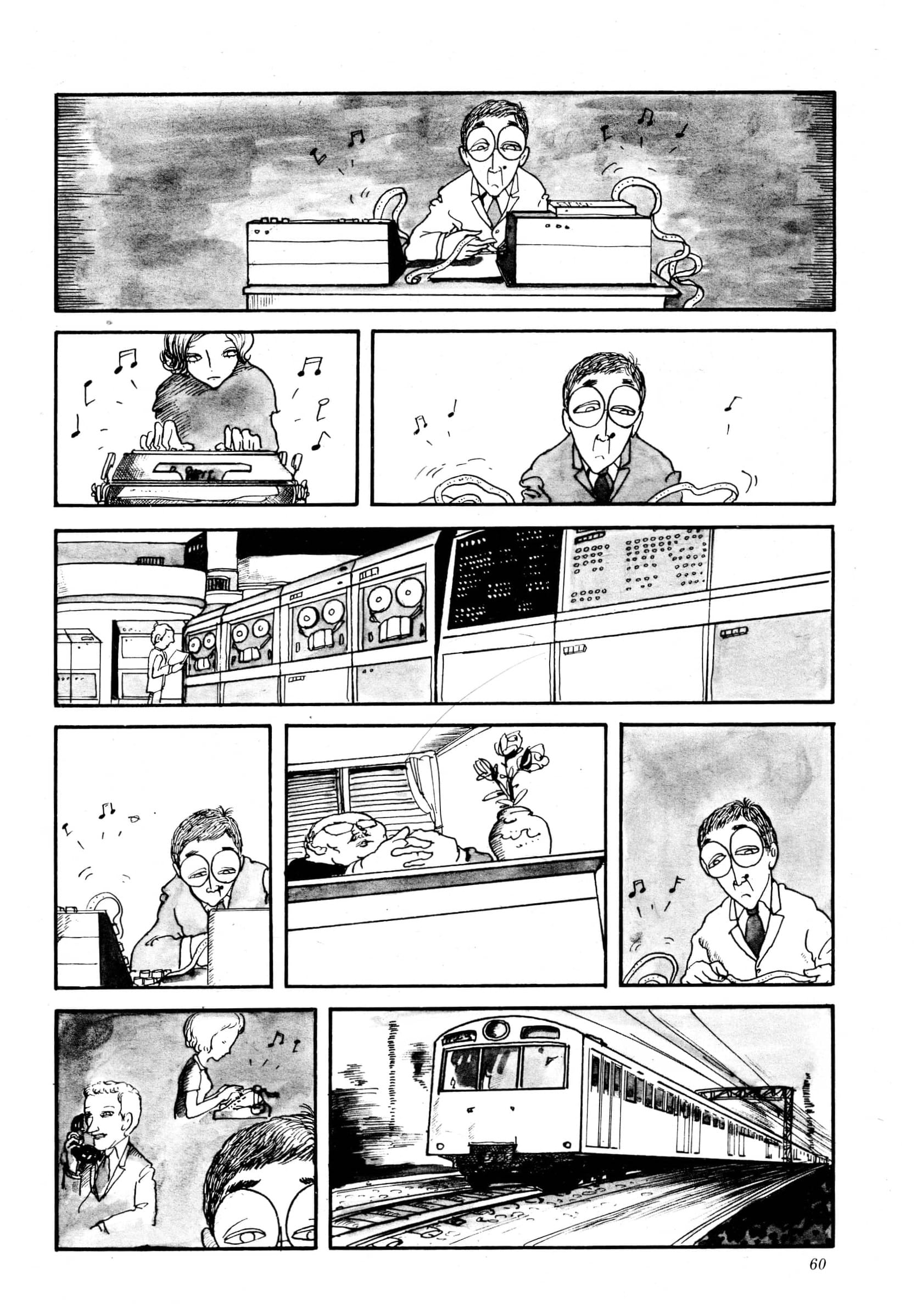
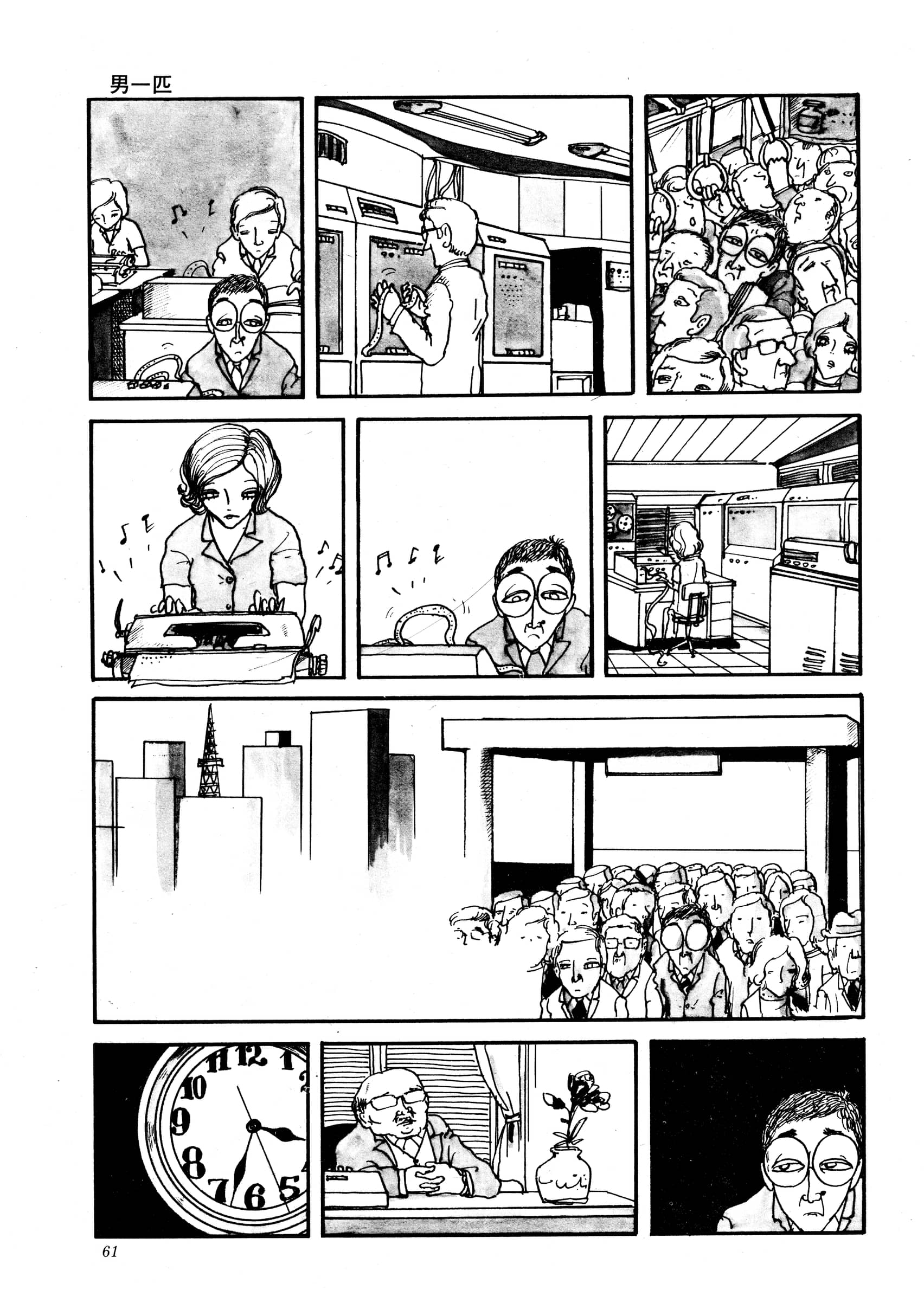
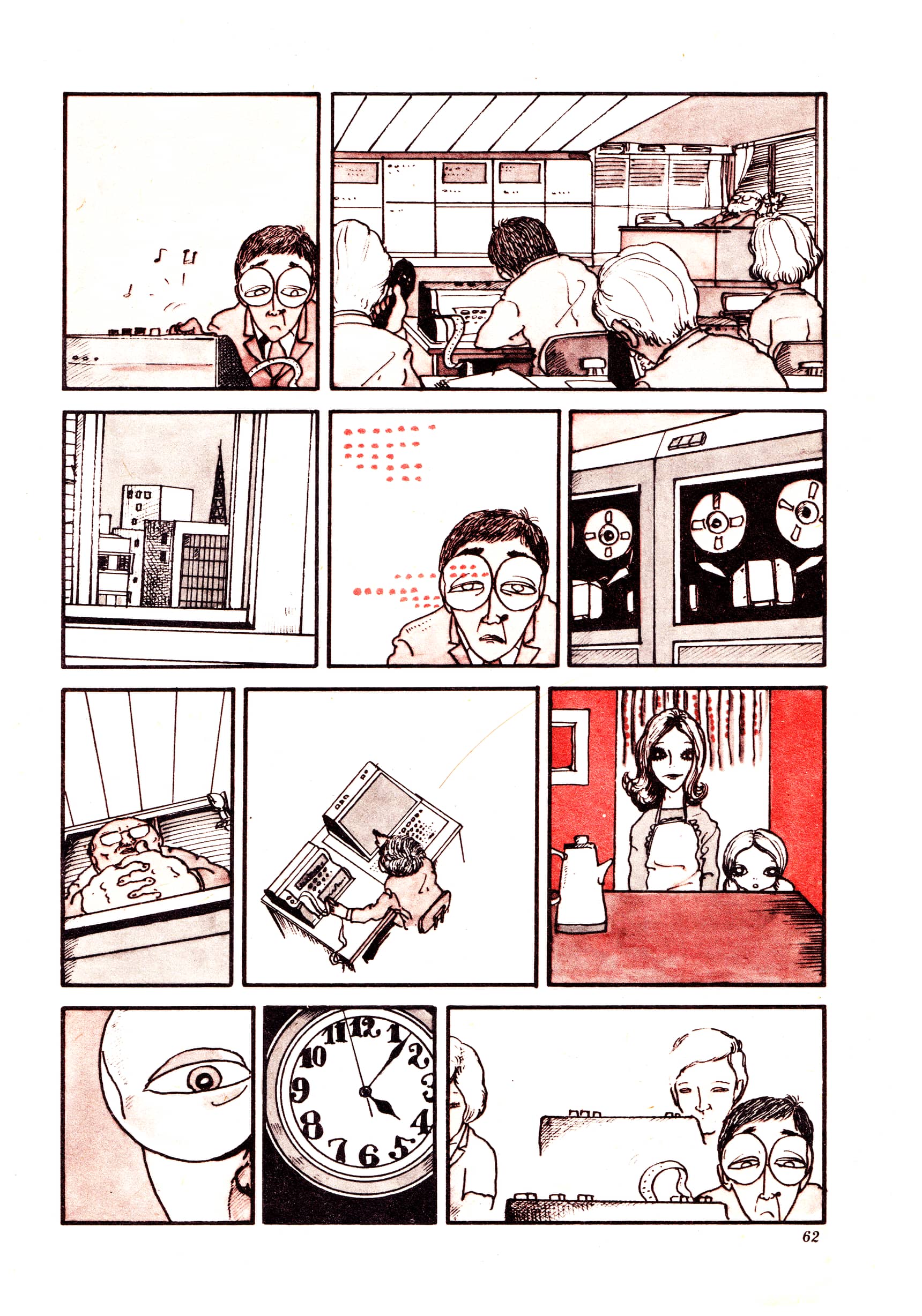
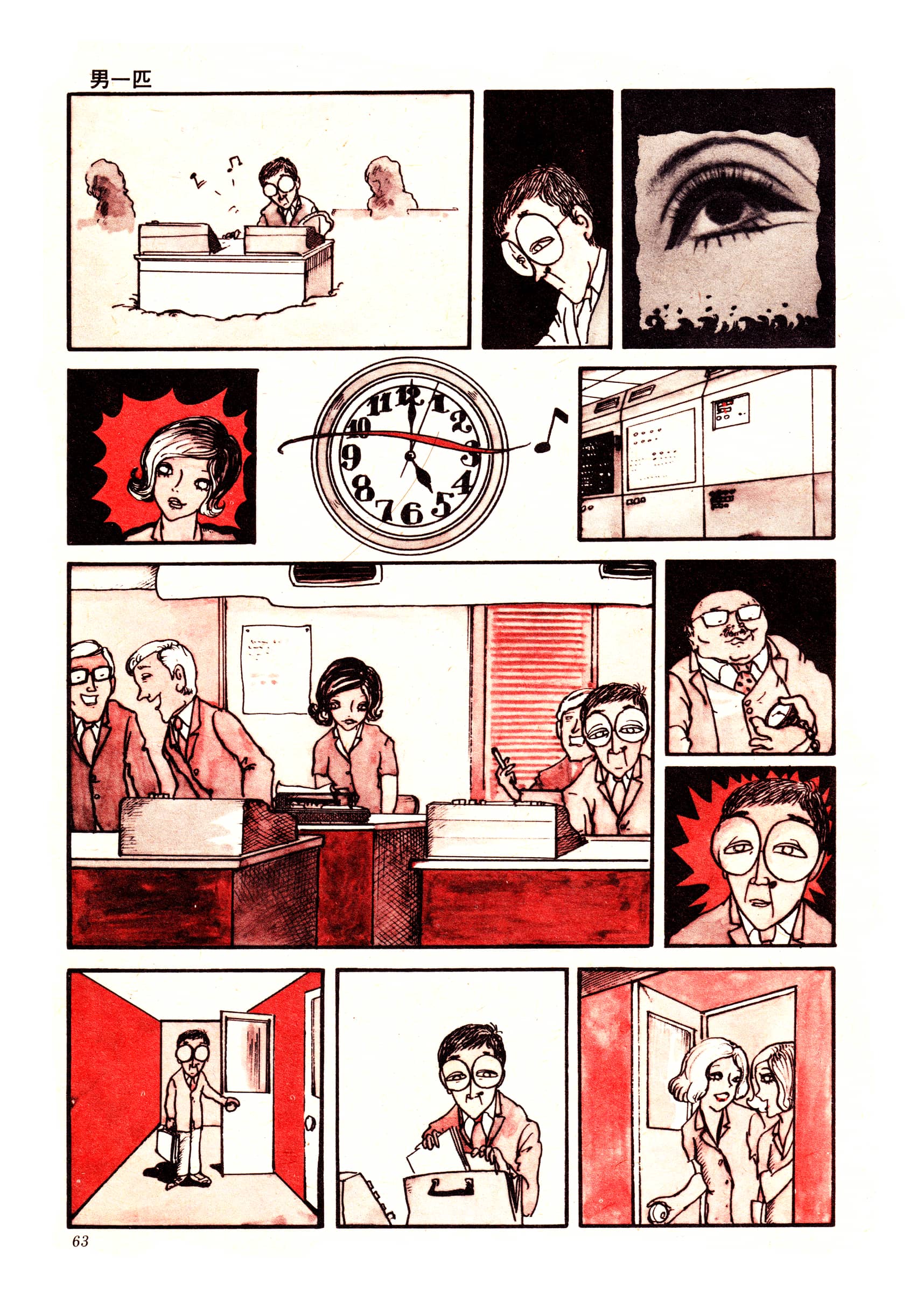
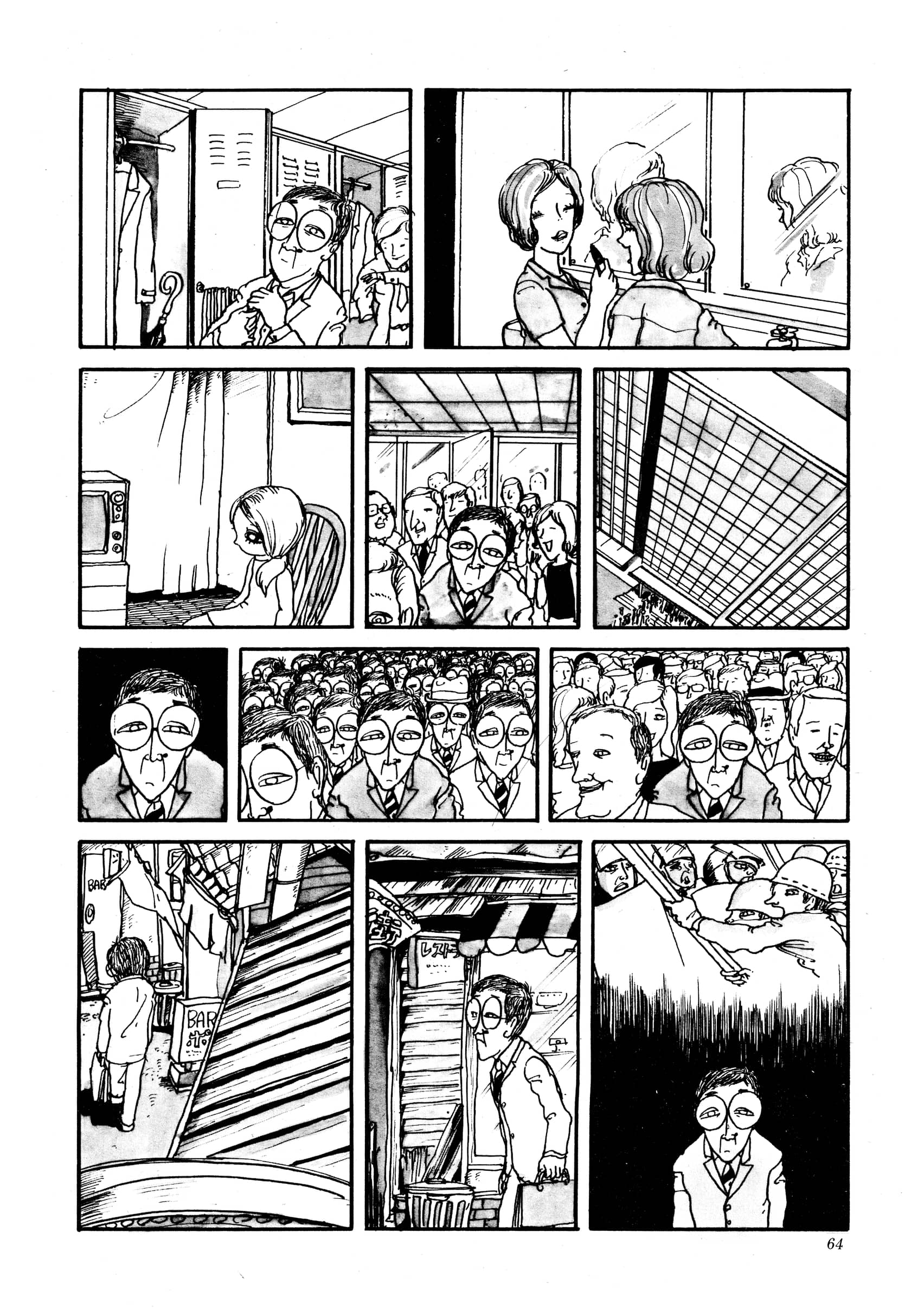
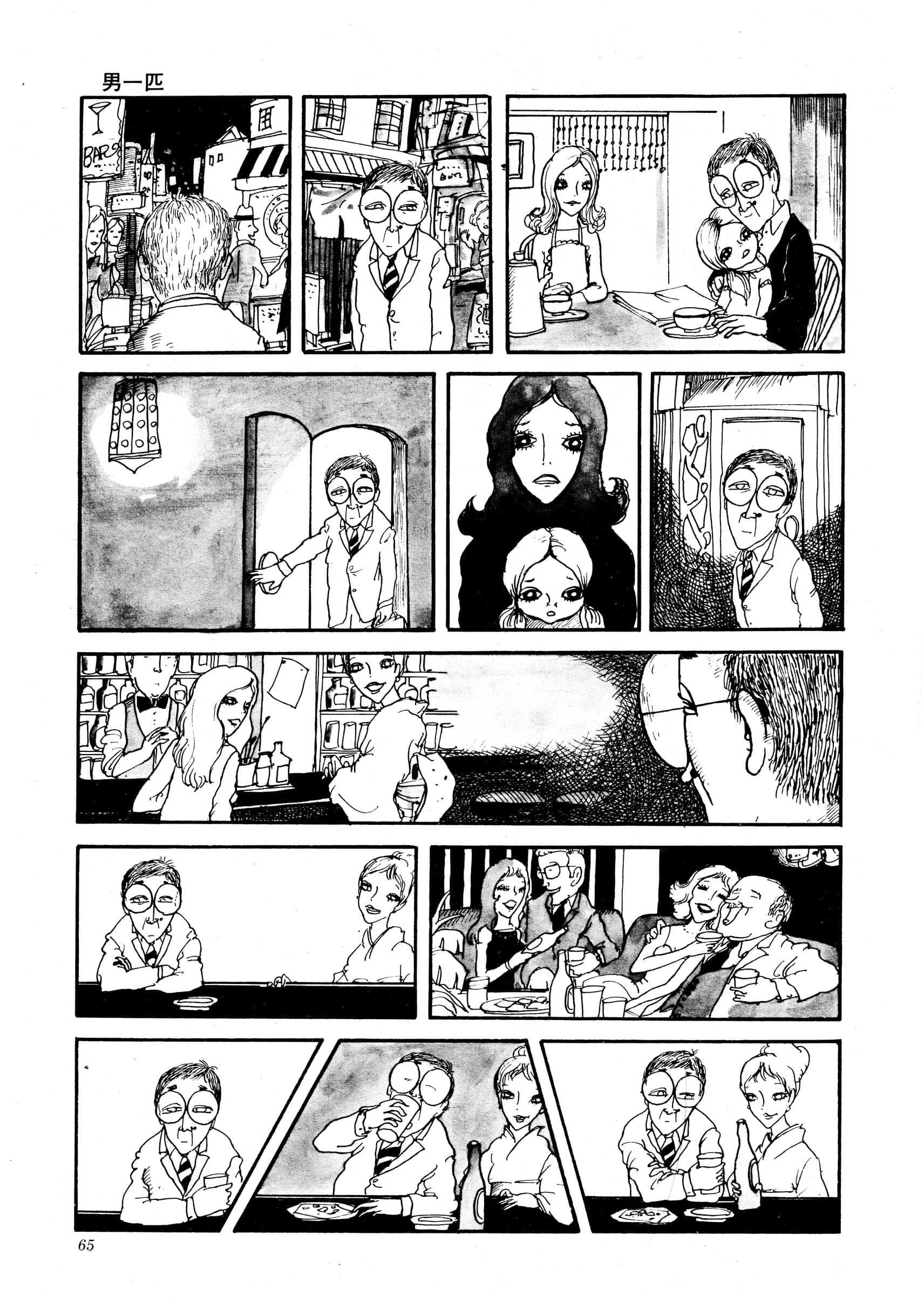
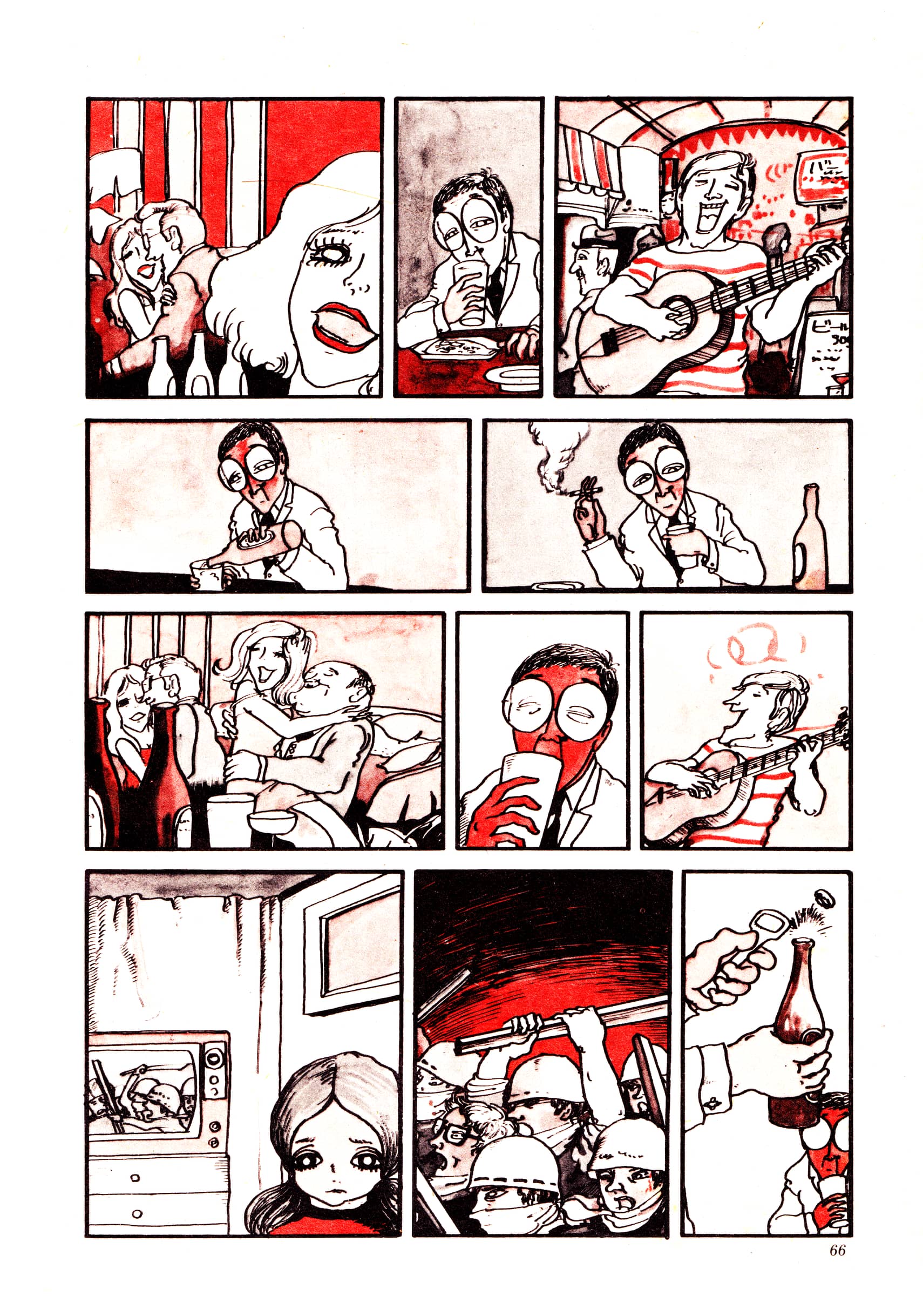
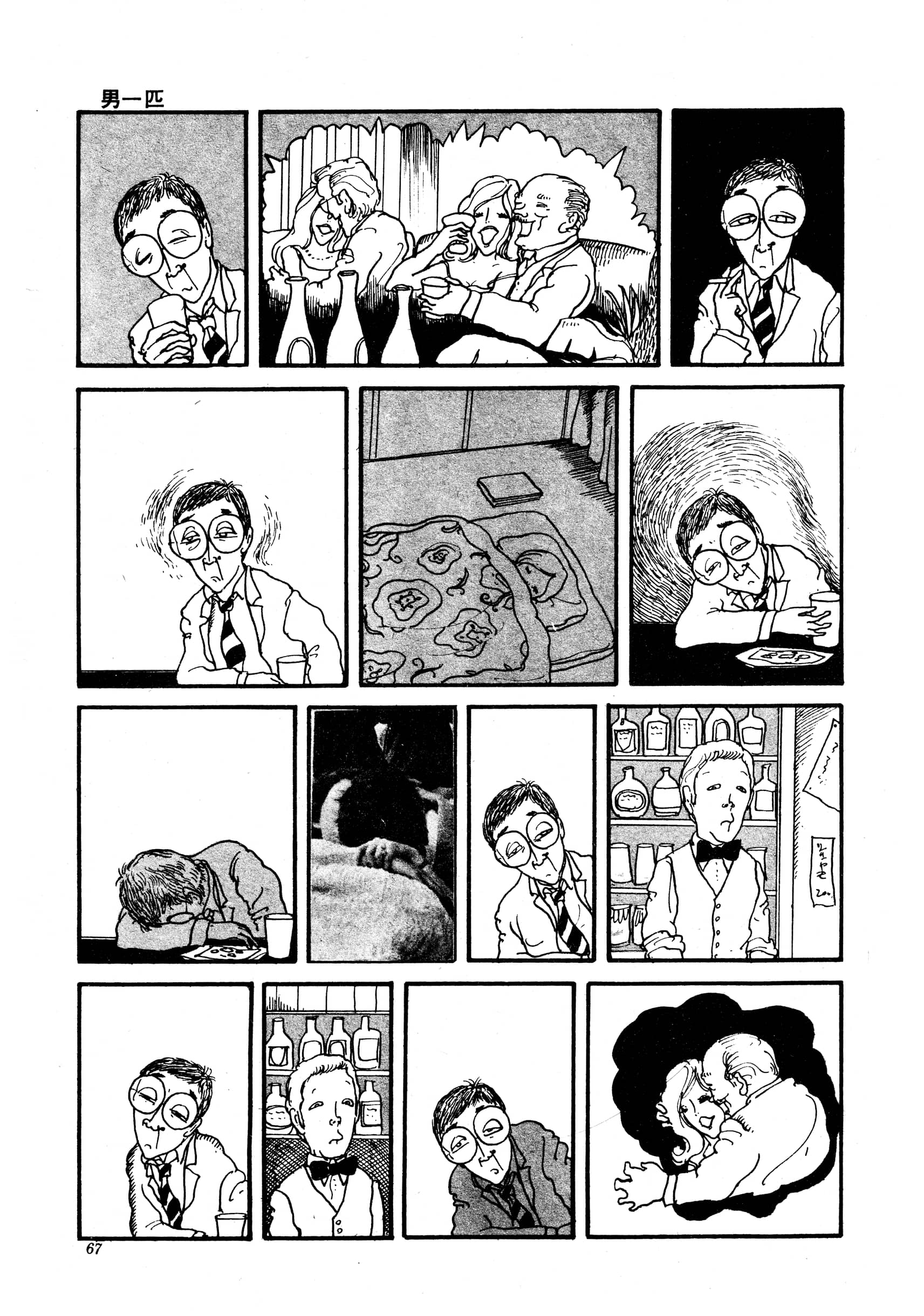
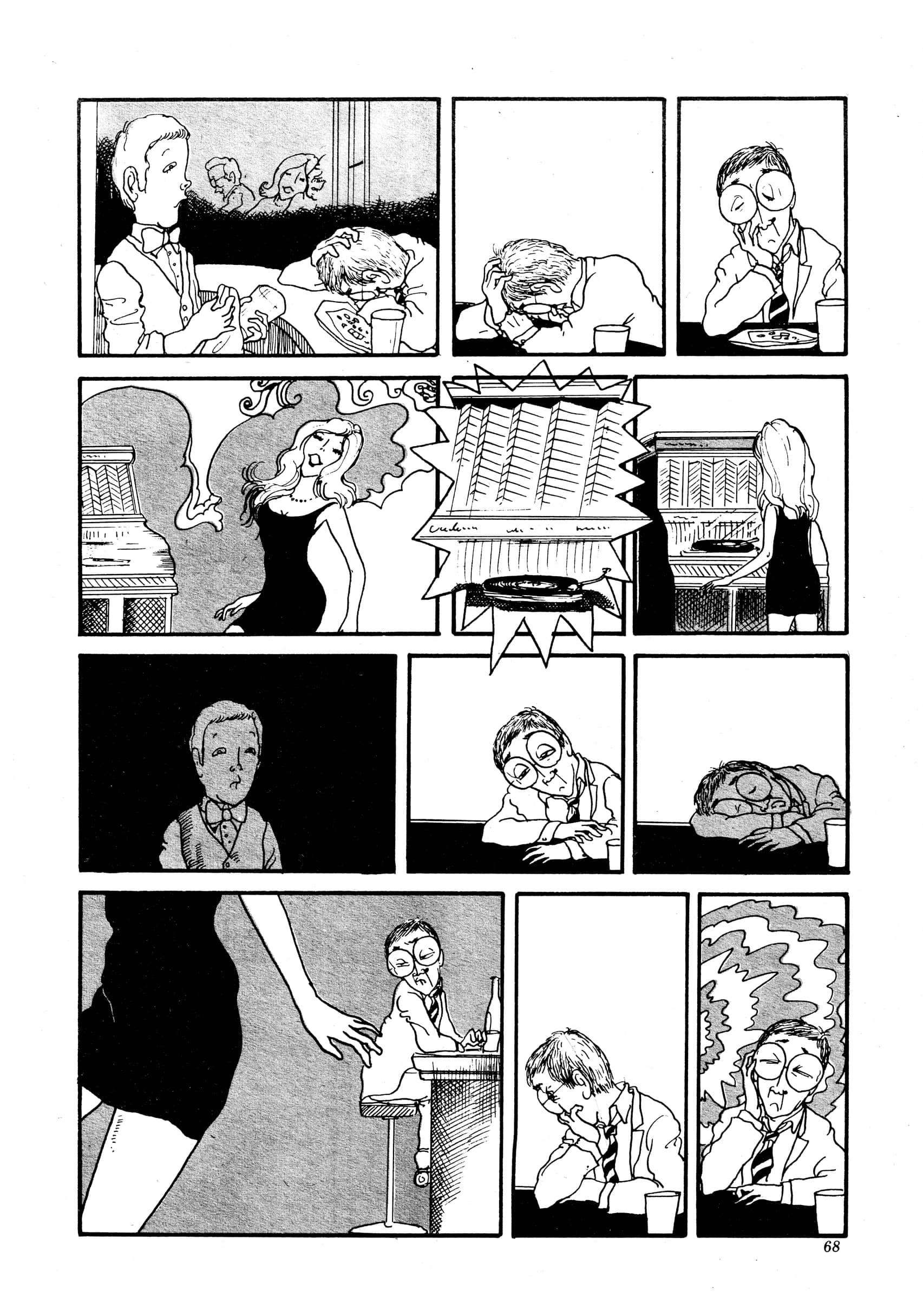
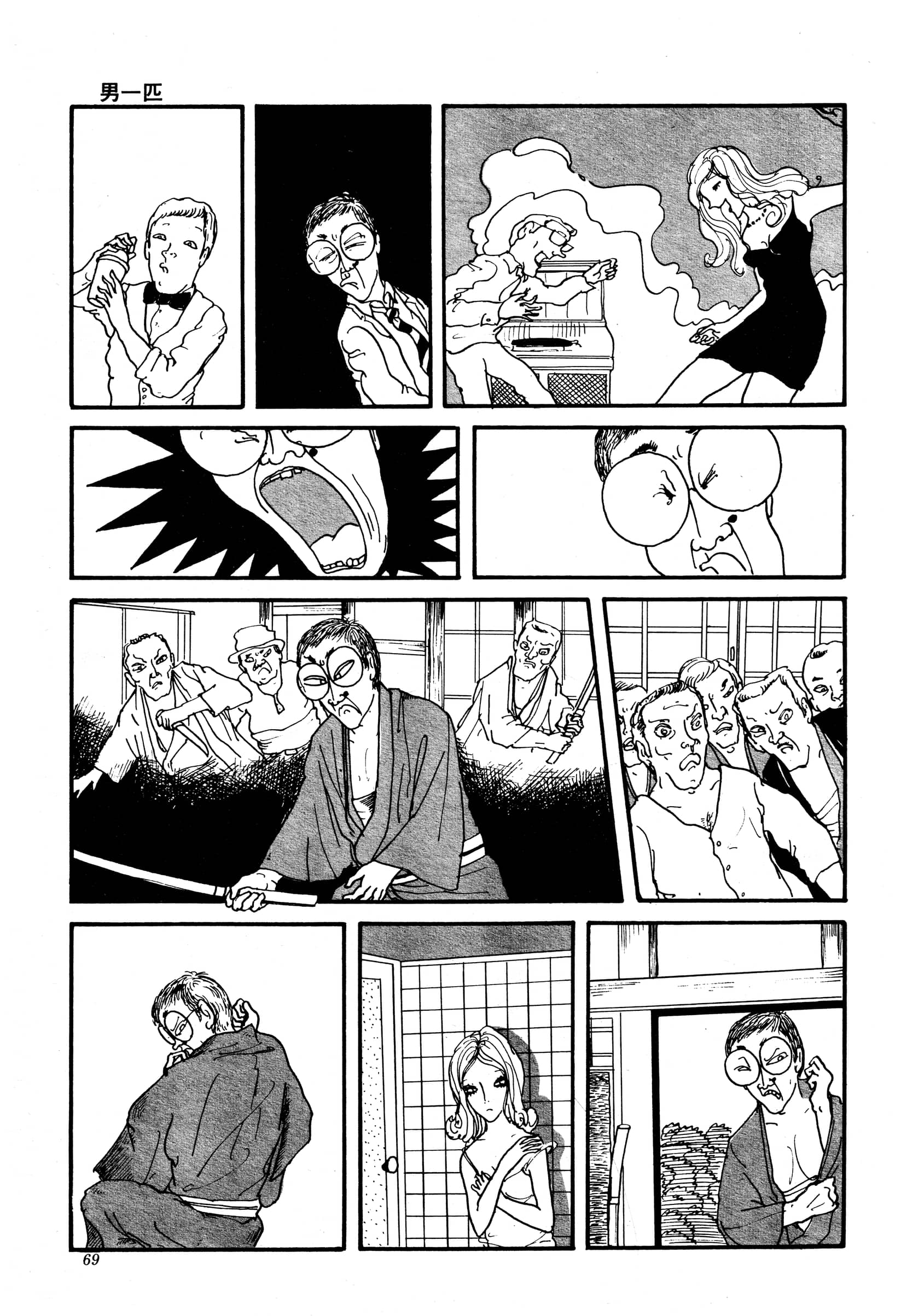
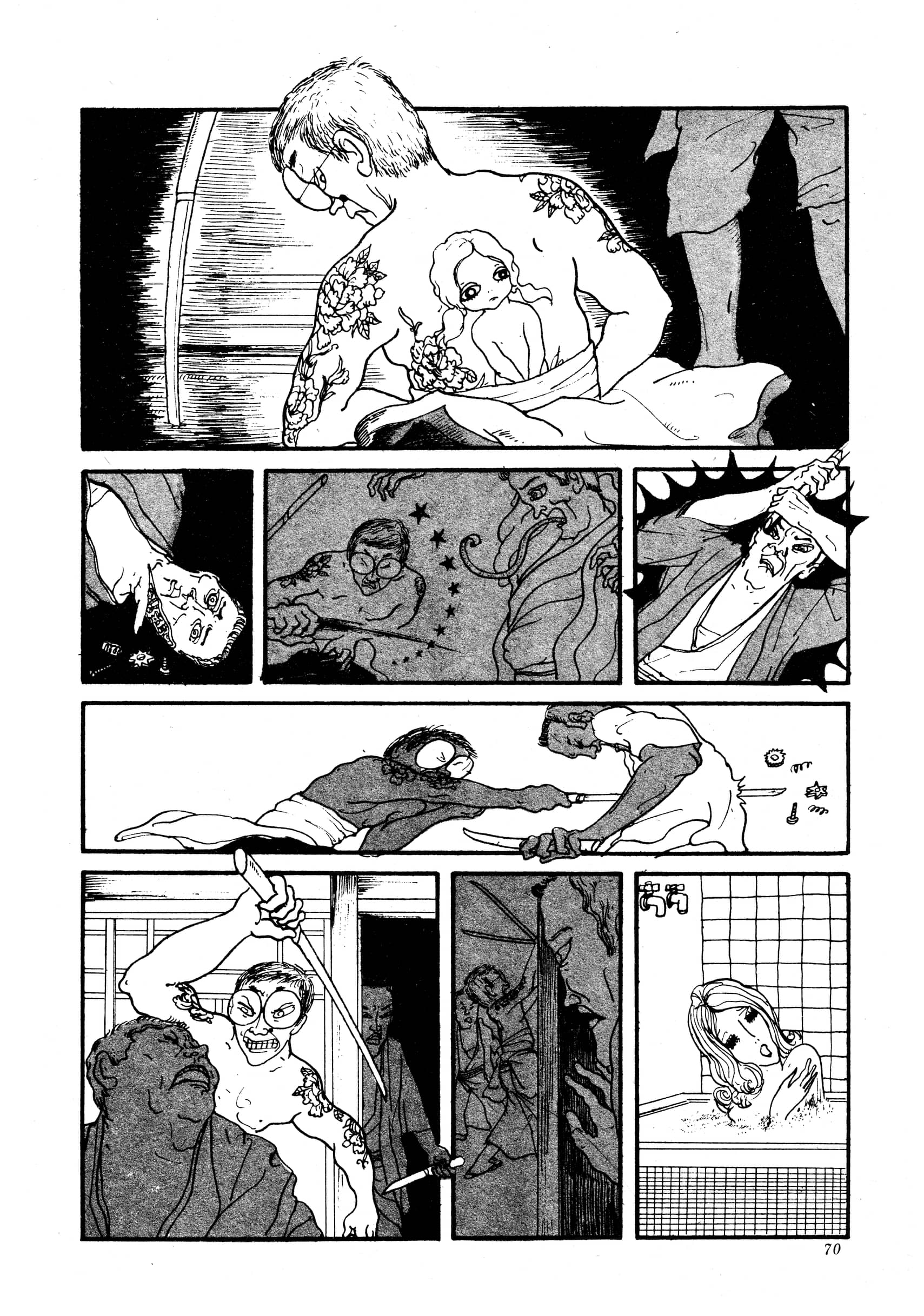
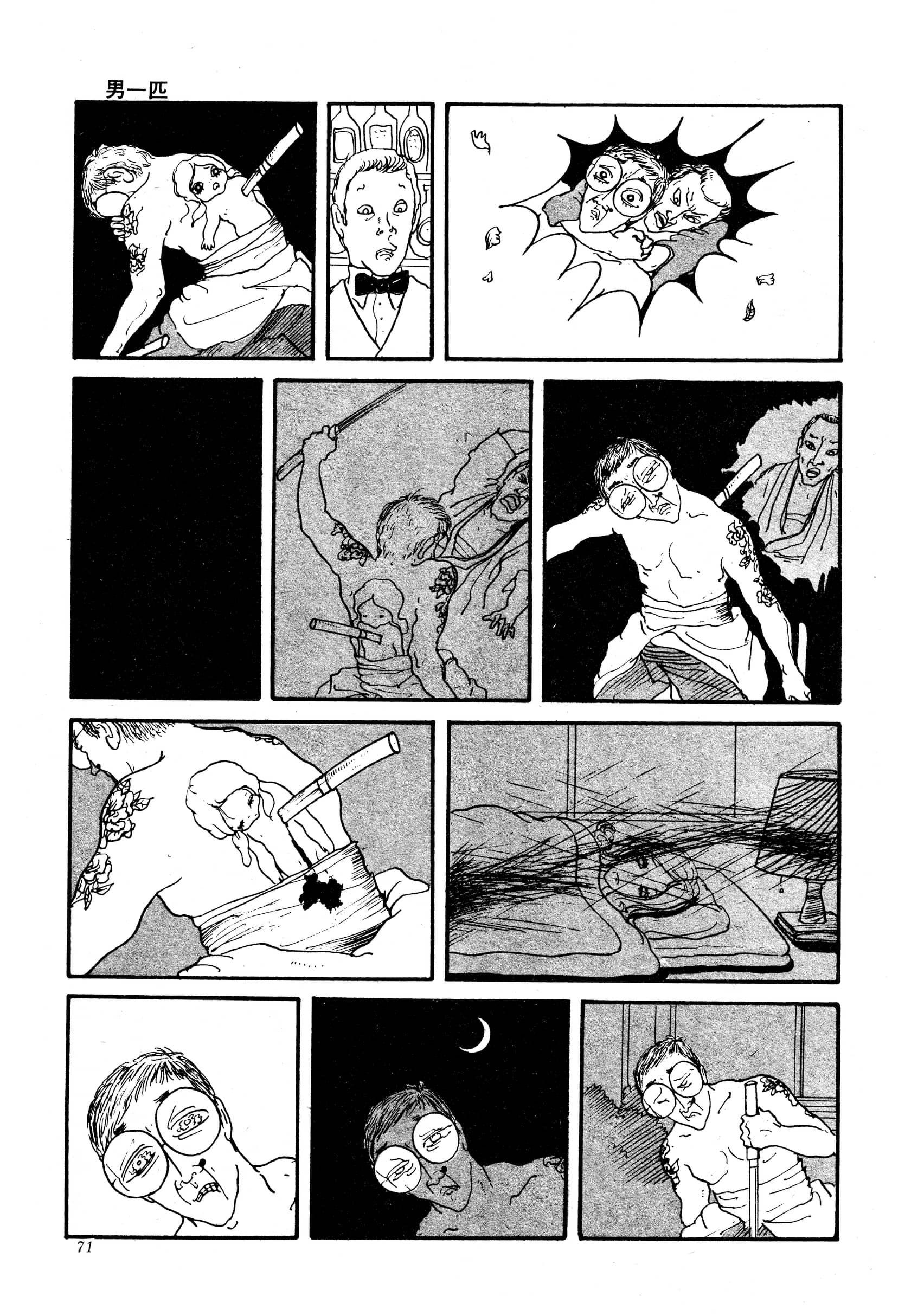
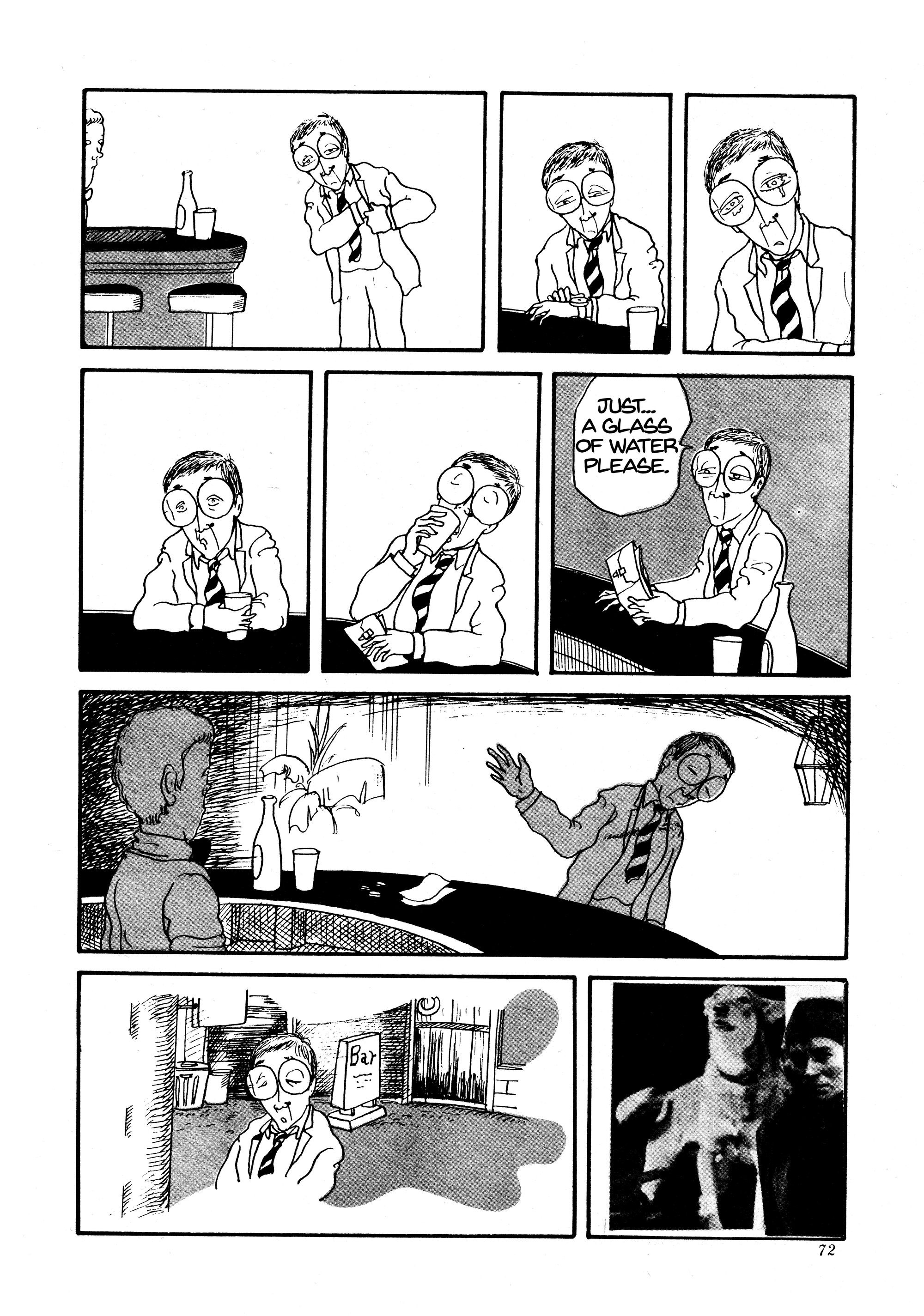
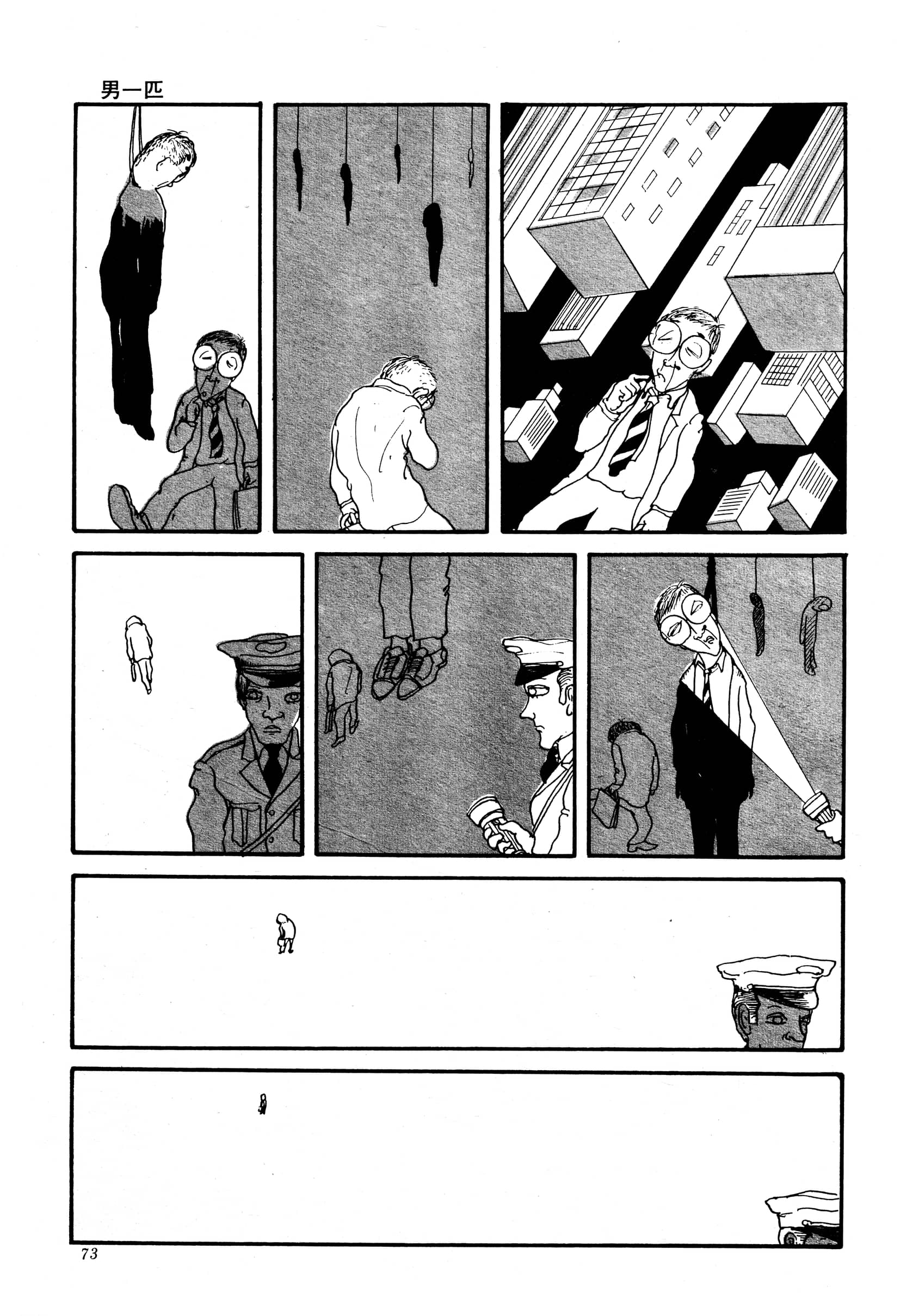
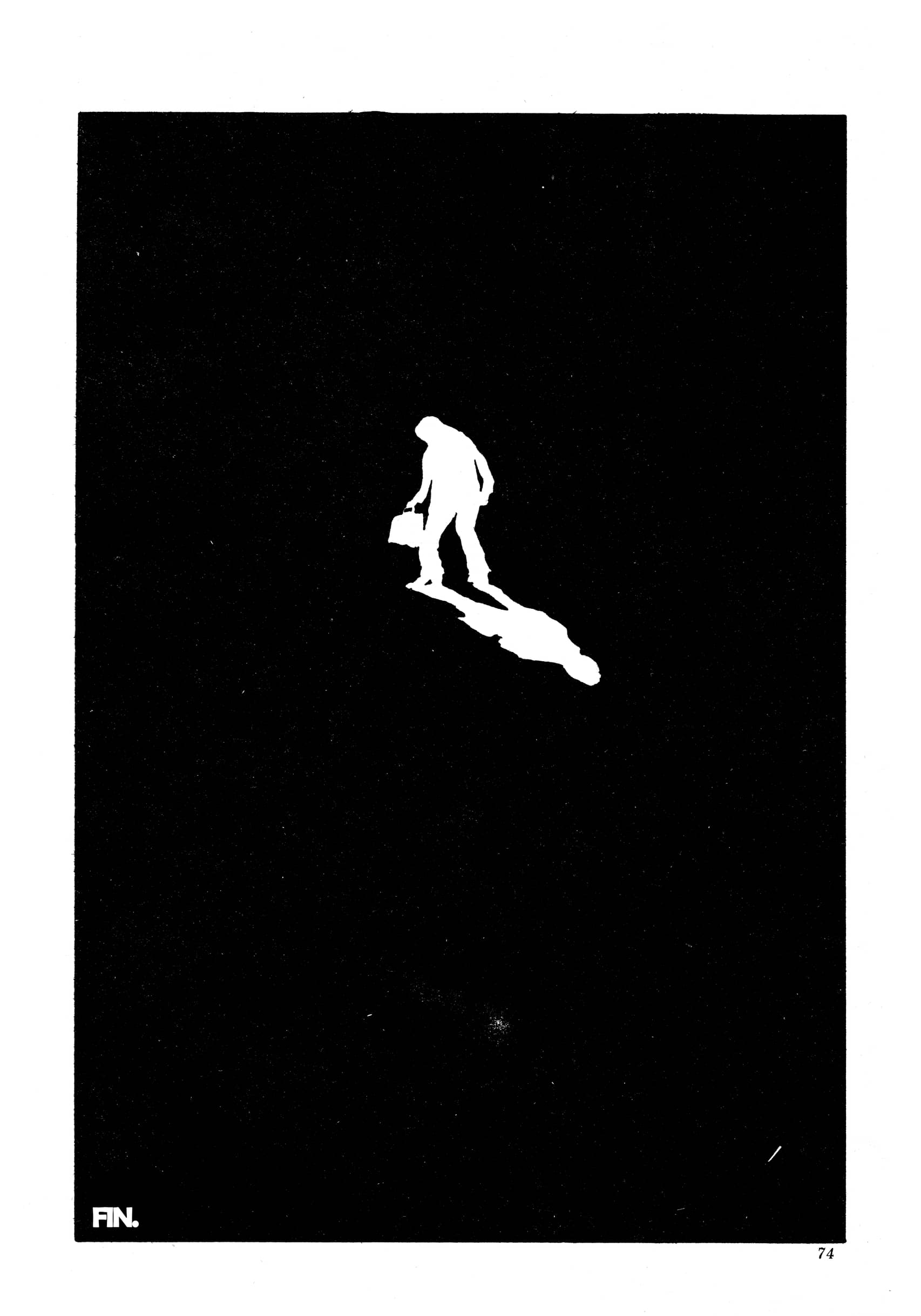

"A Bird"
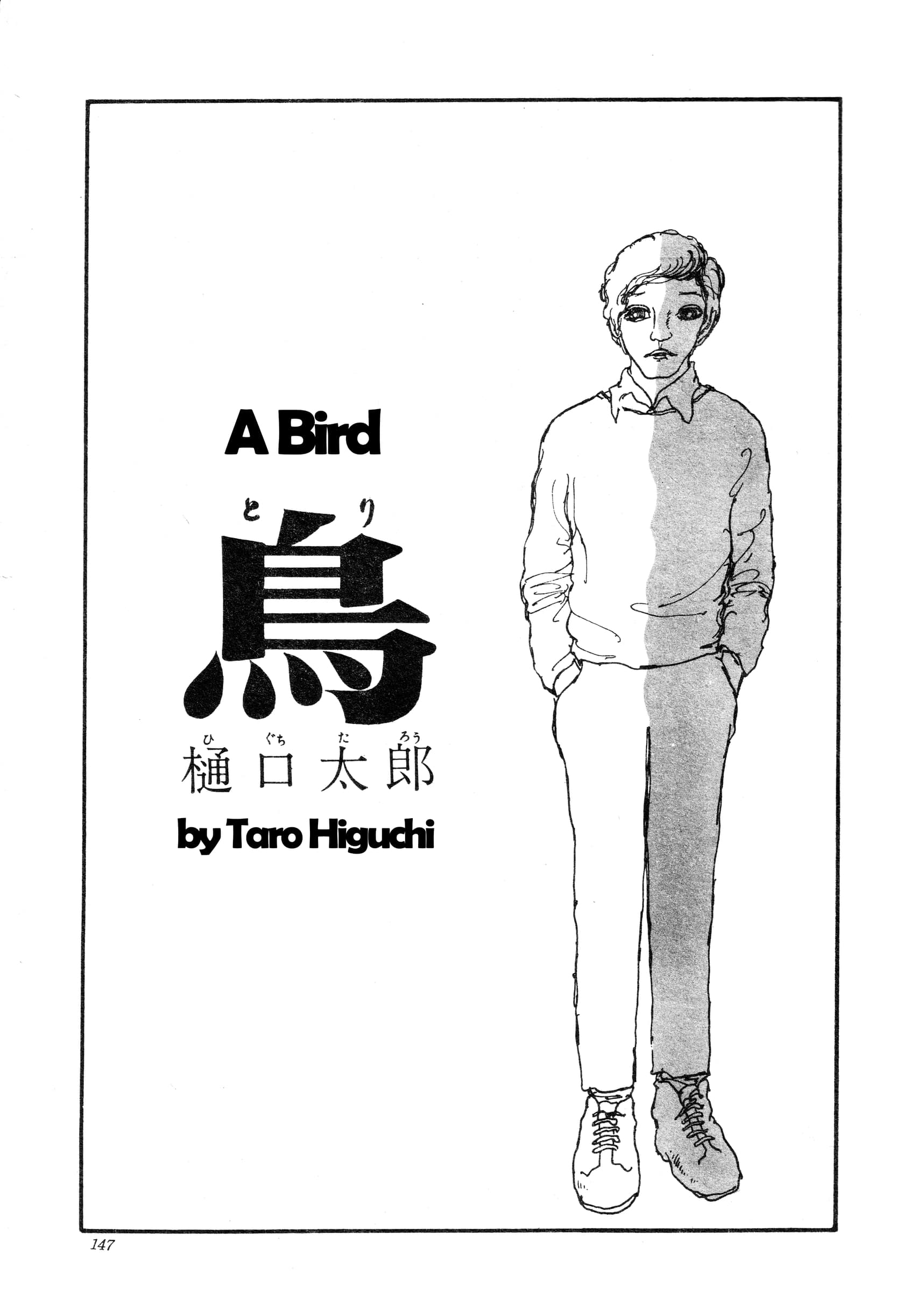
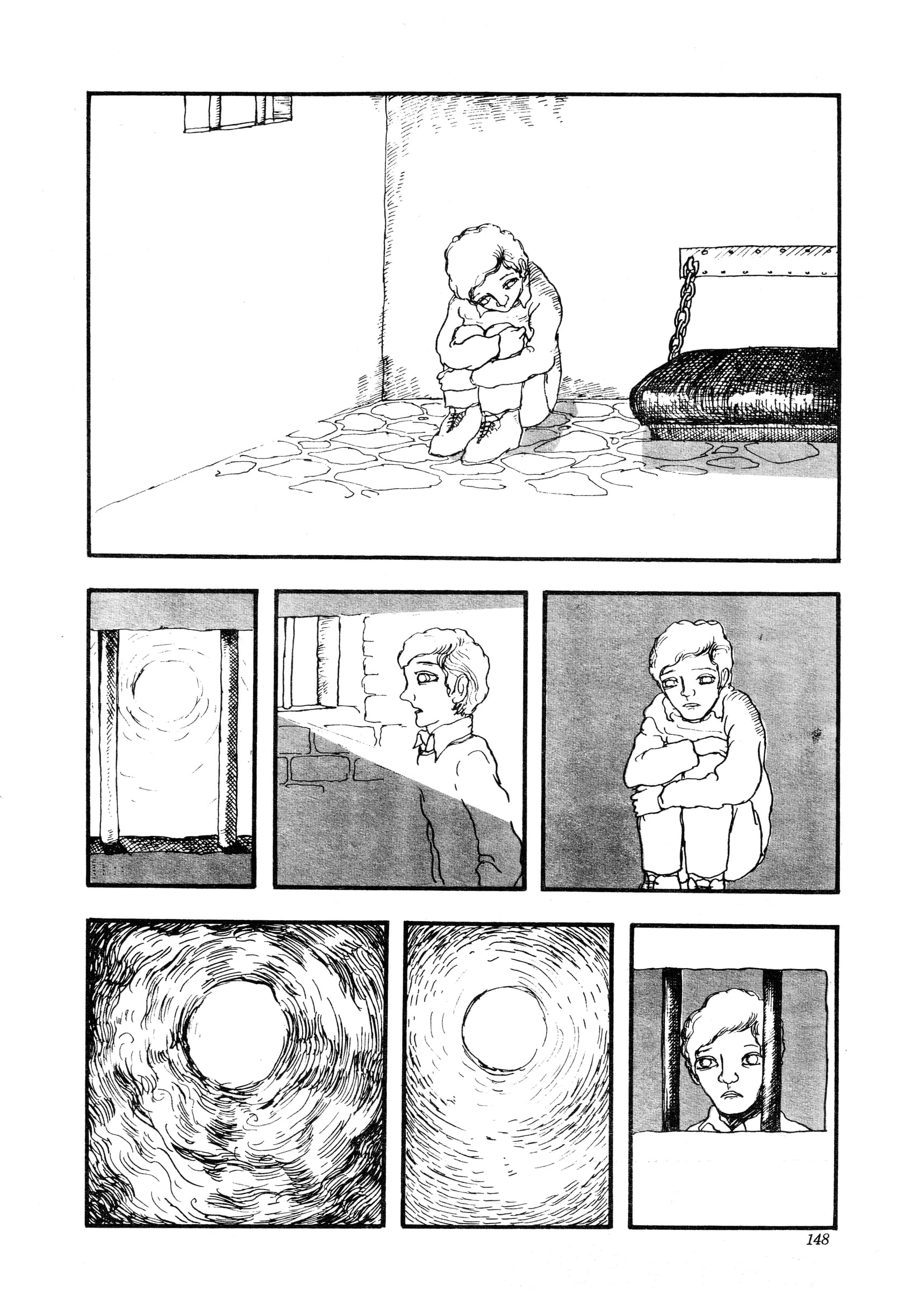
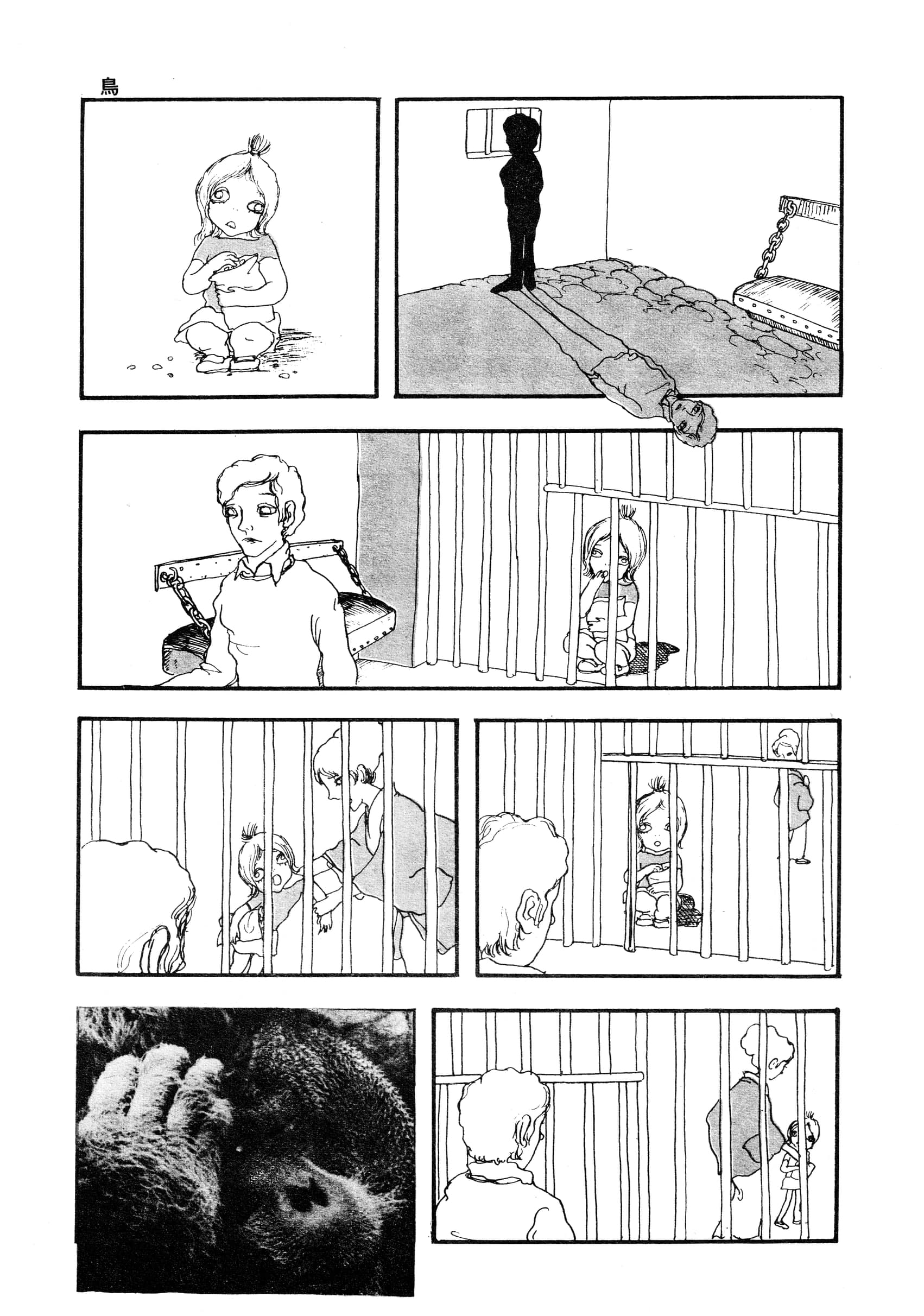
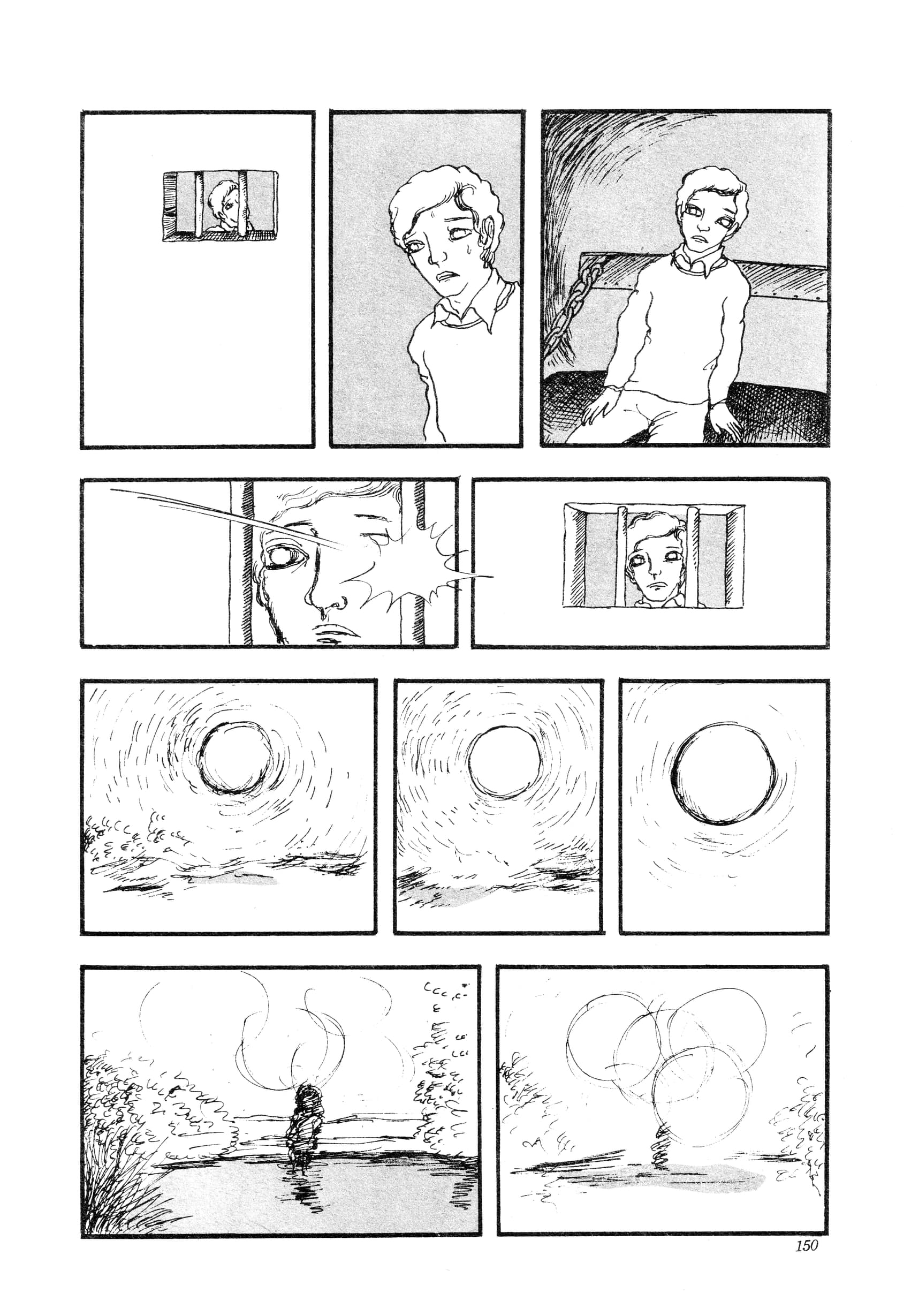
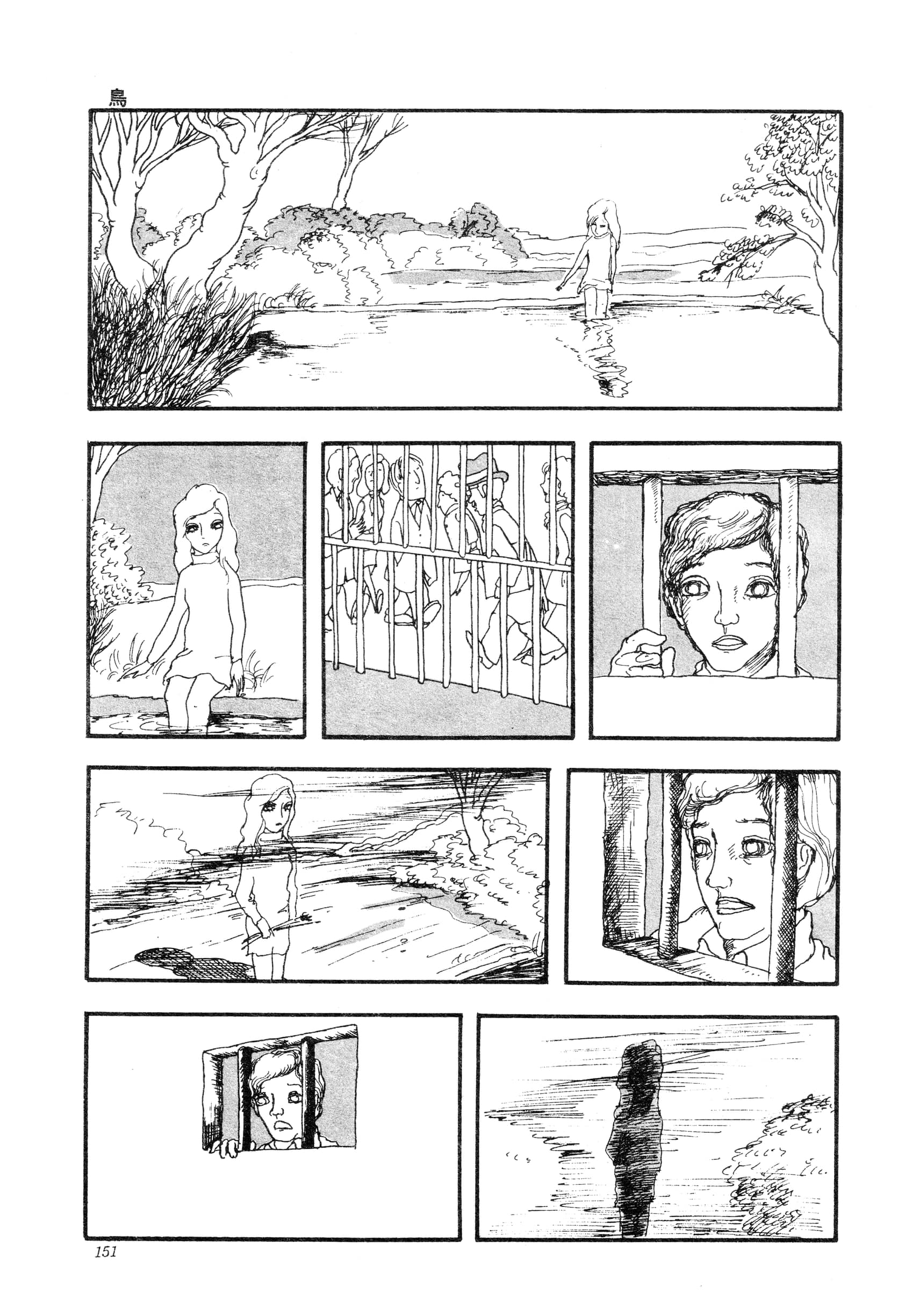
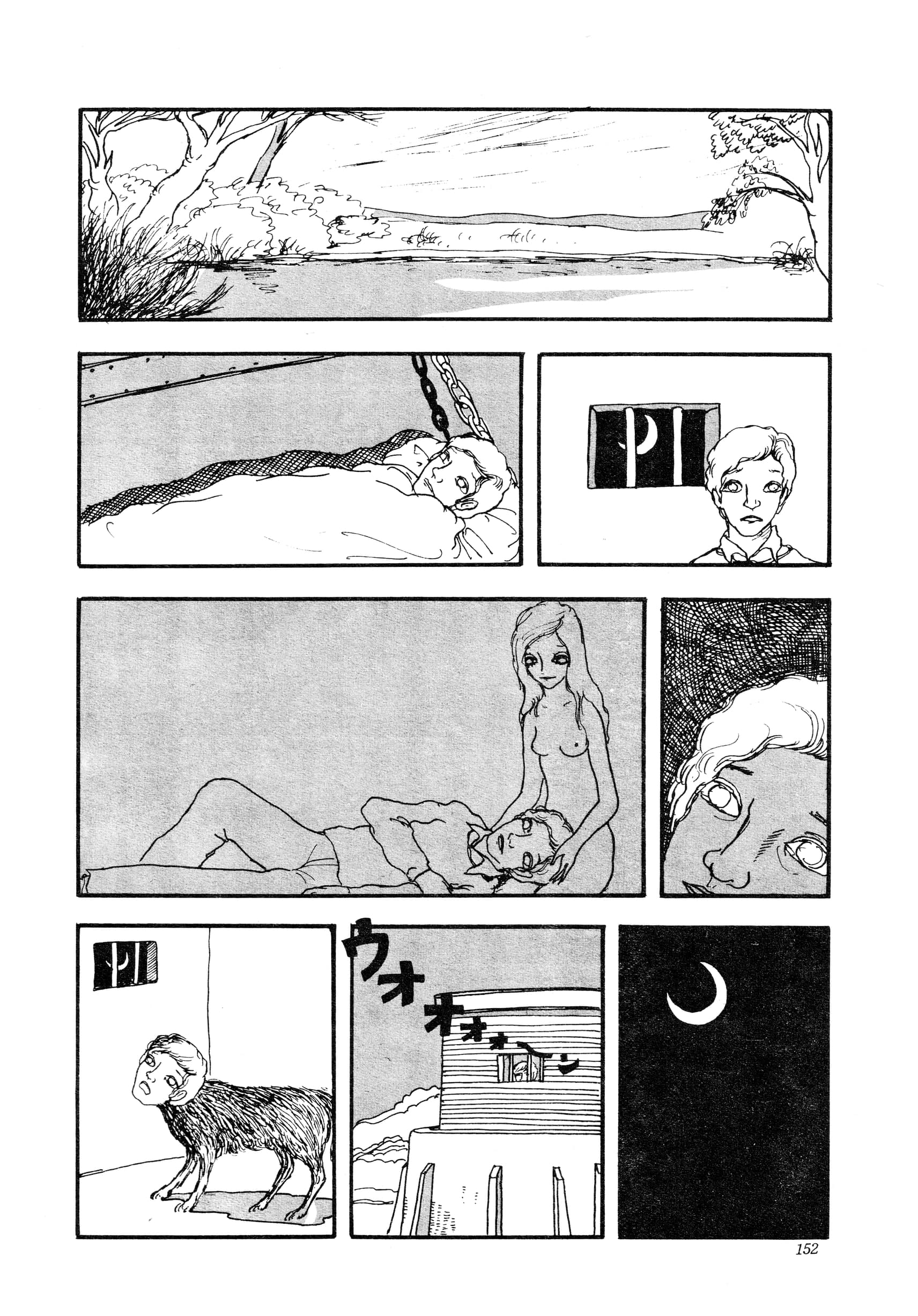
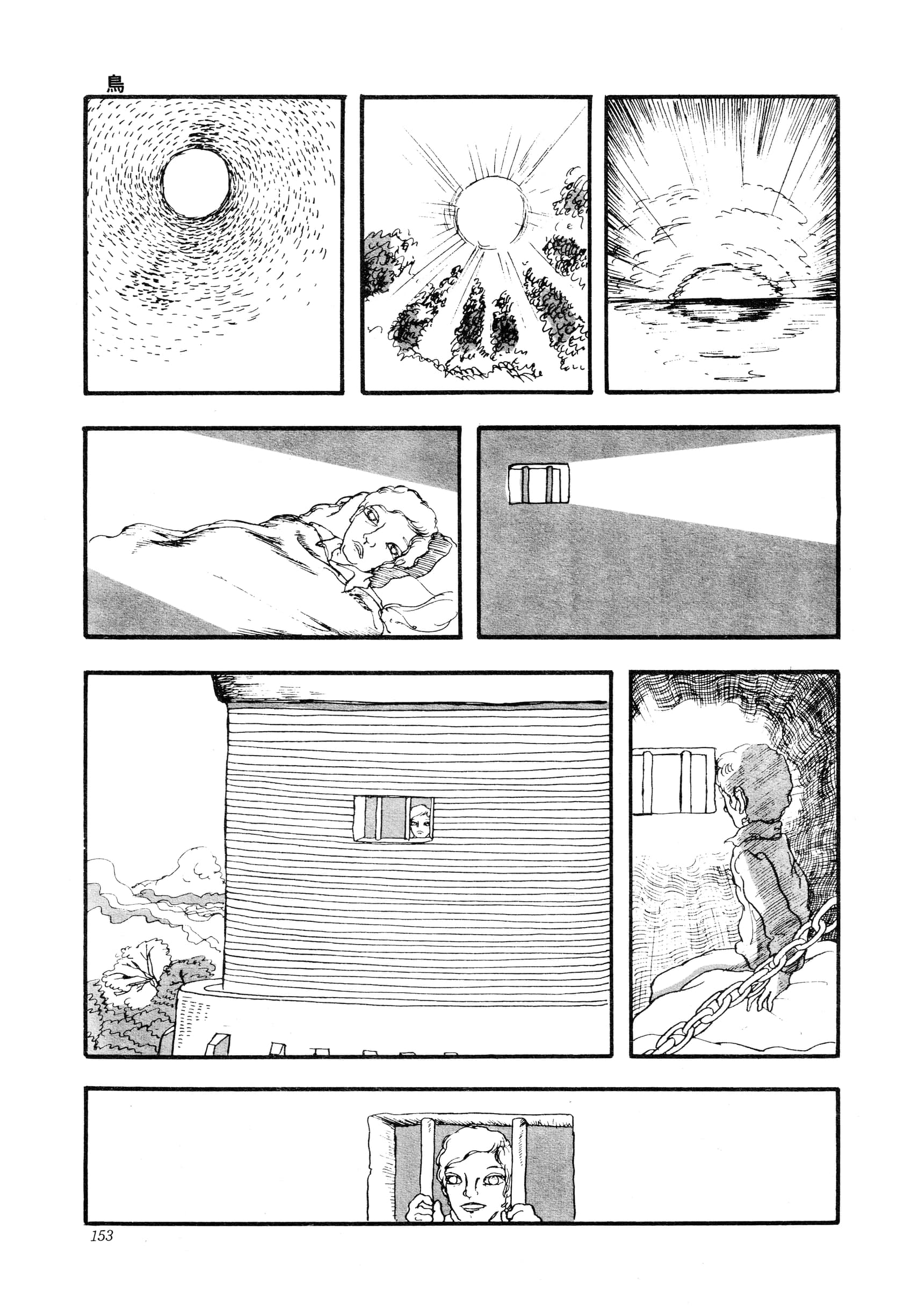
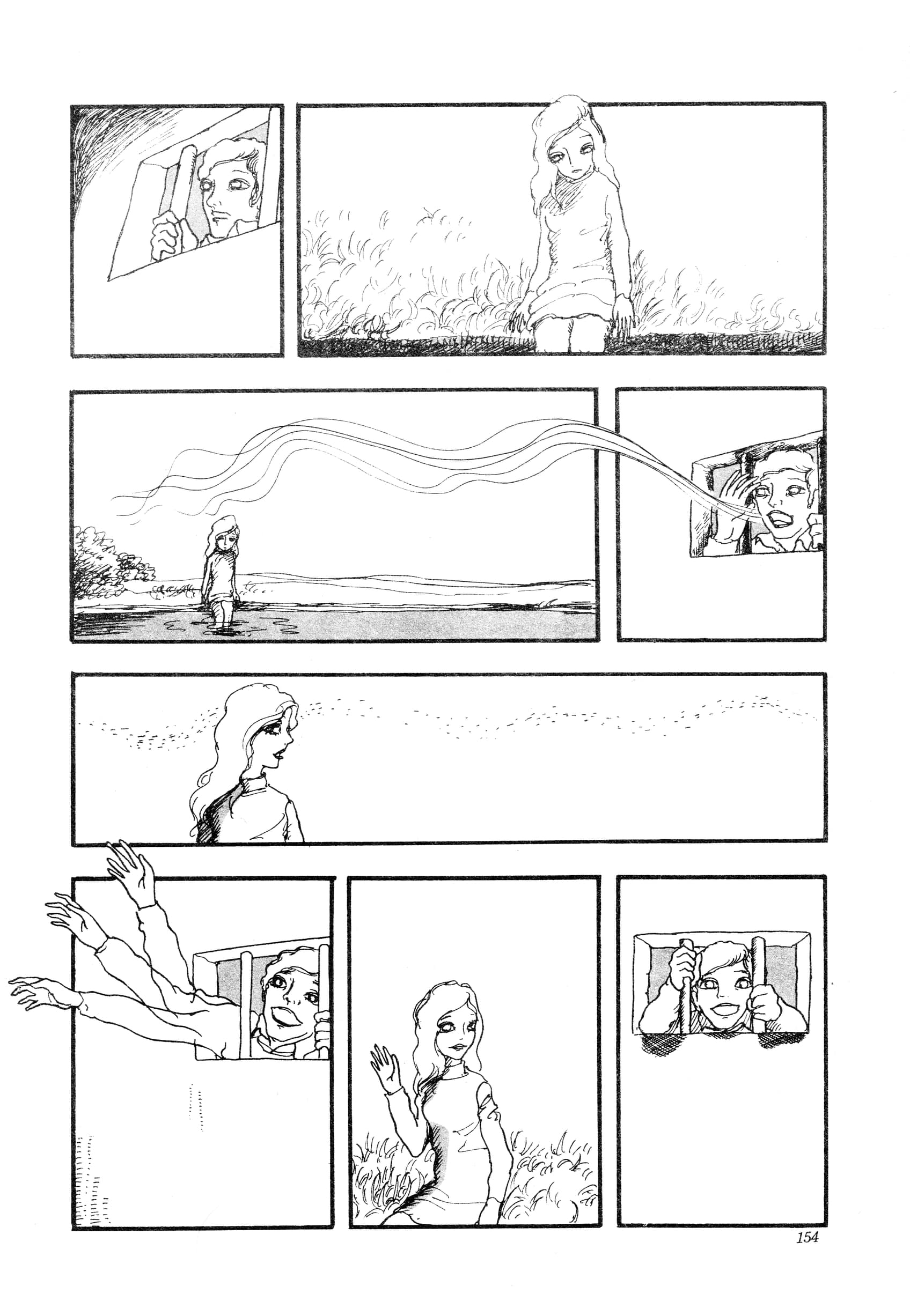
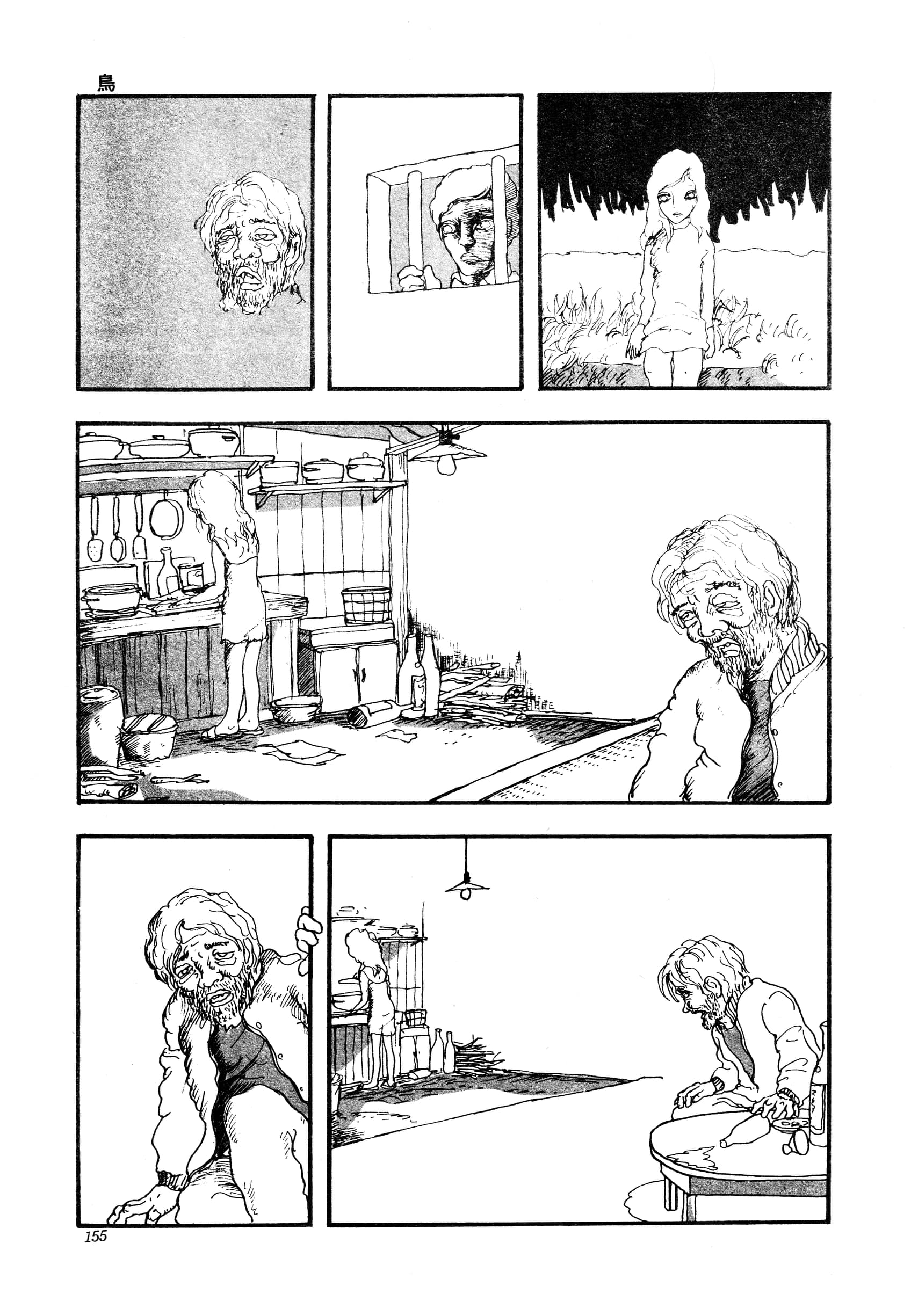
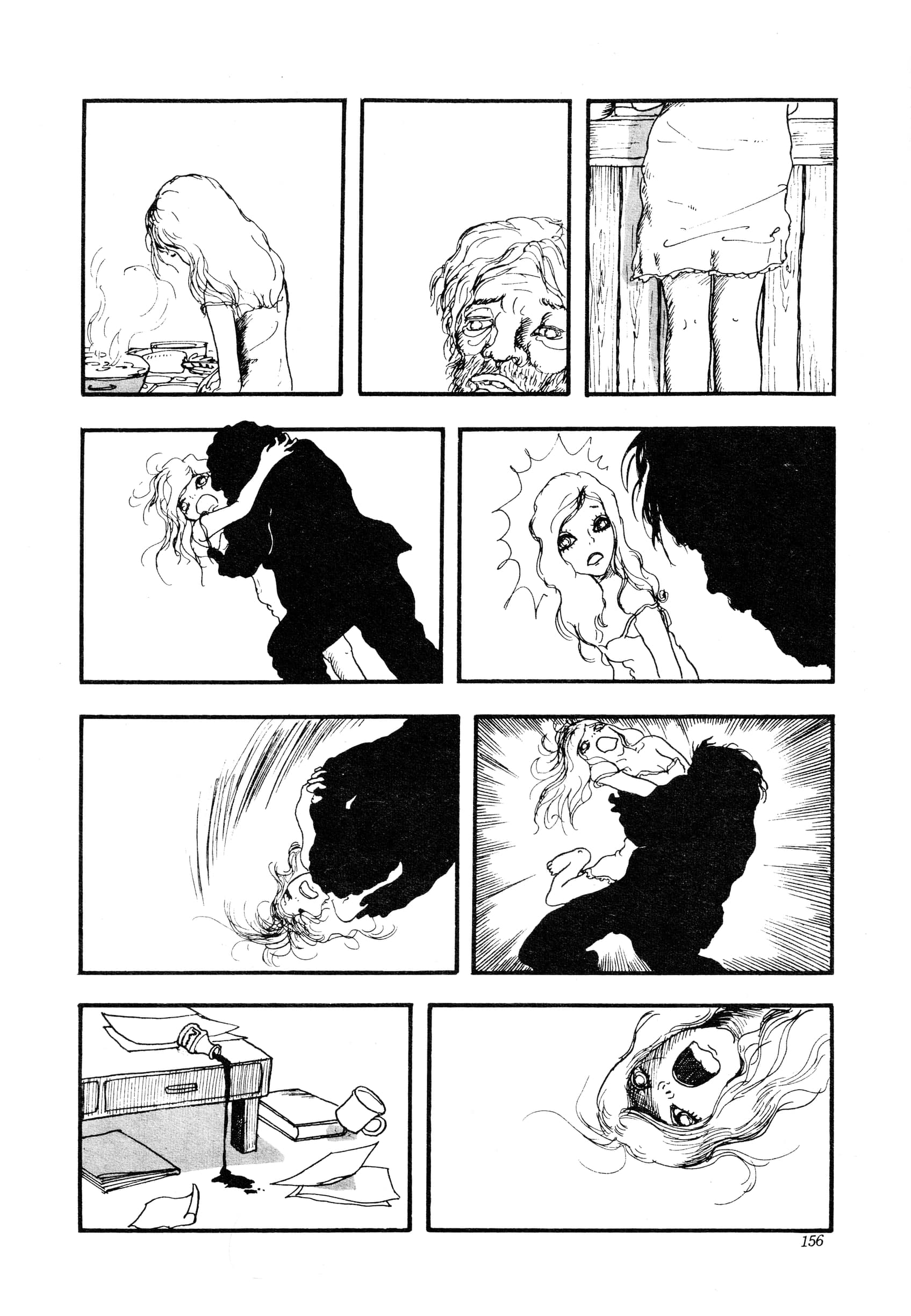
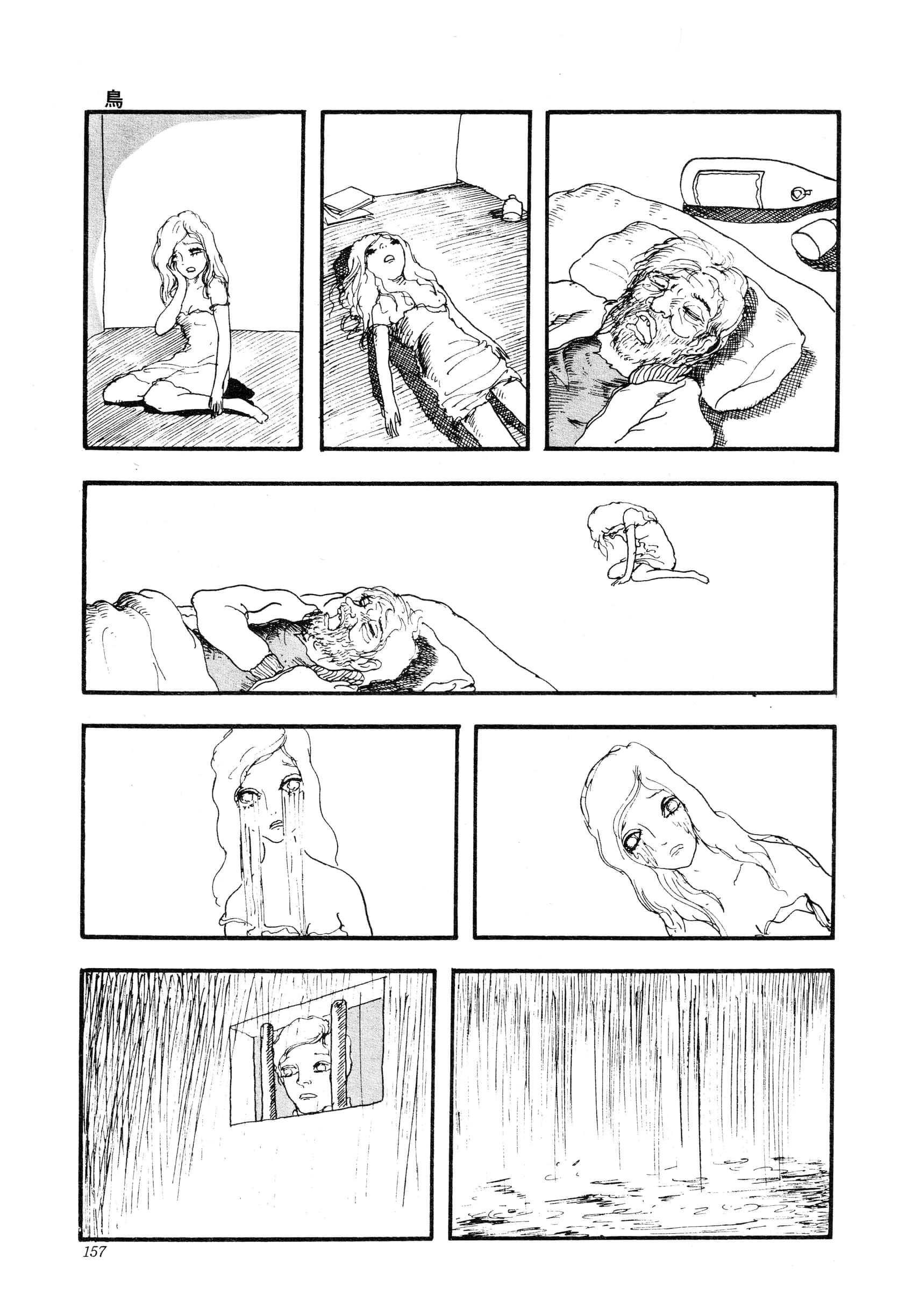
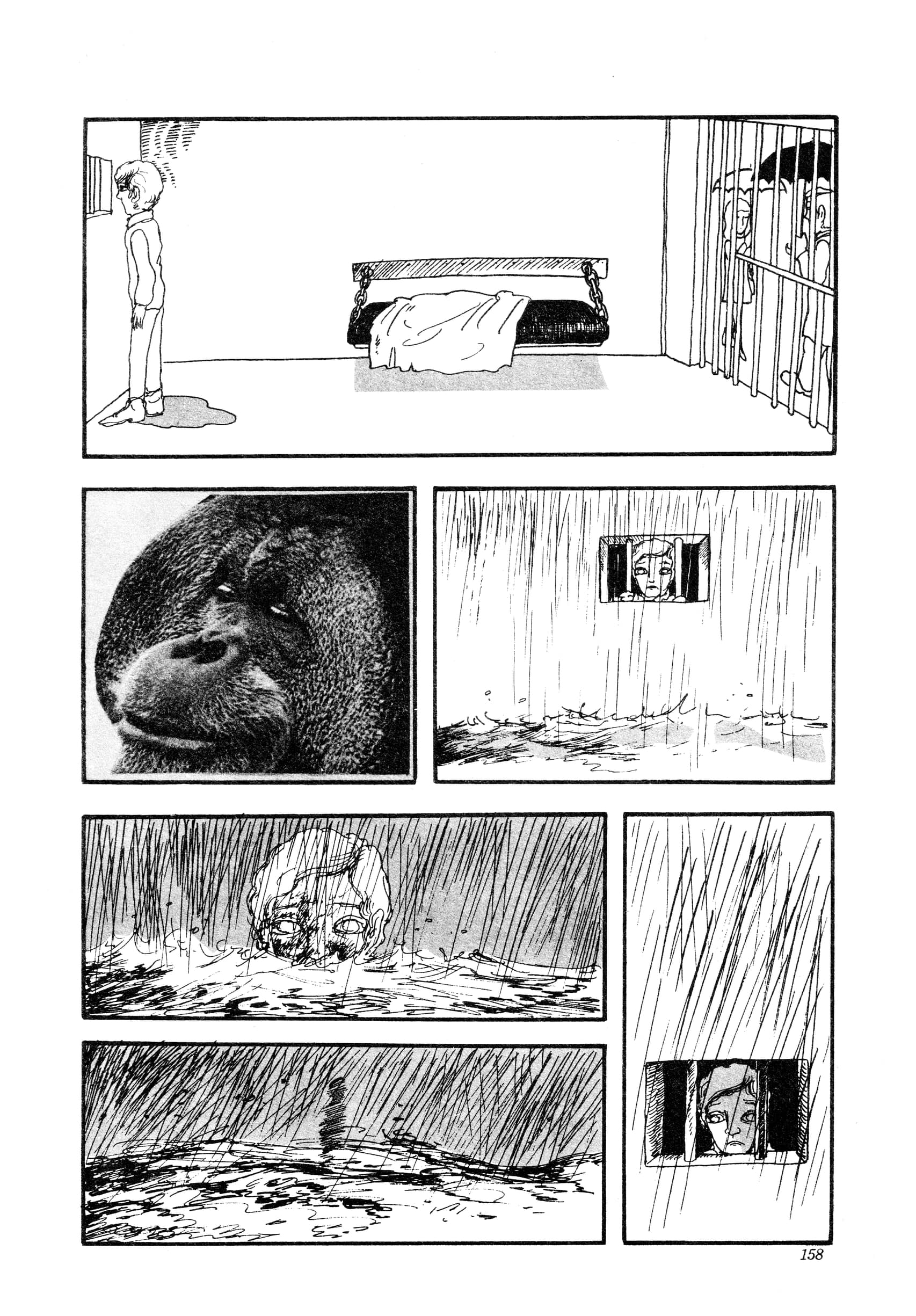
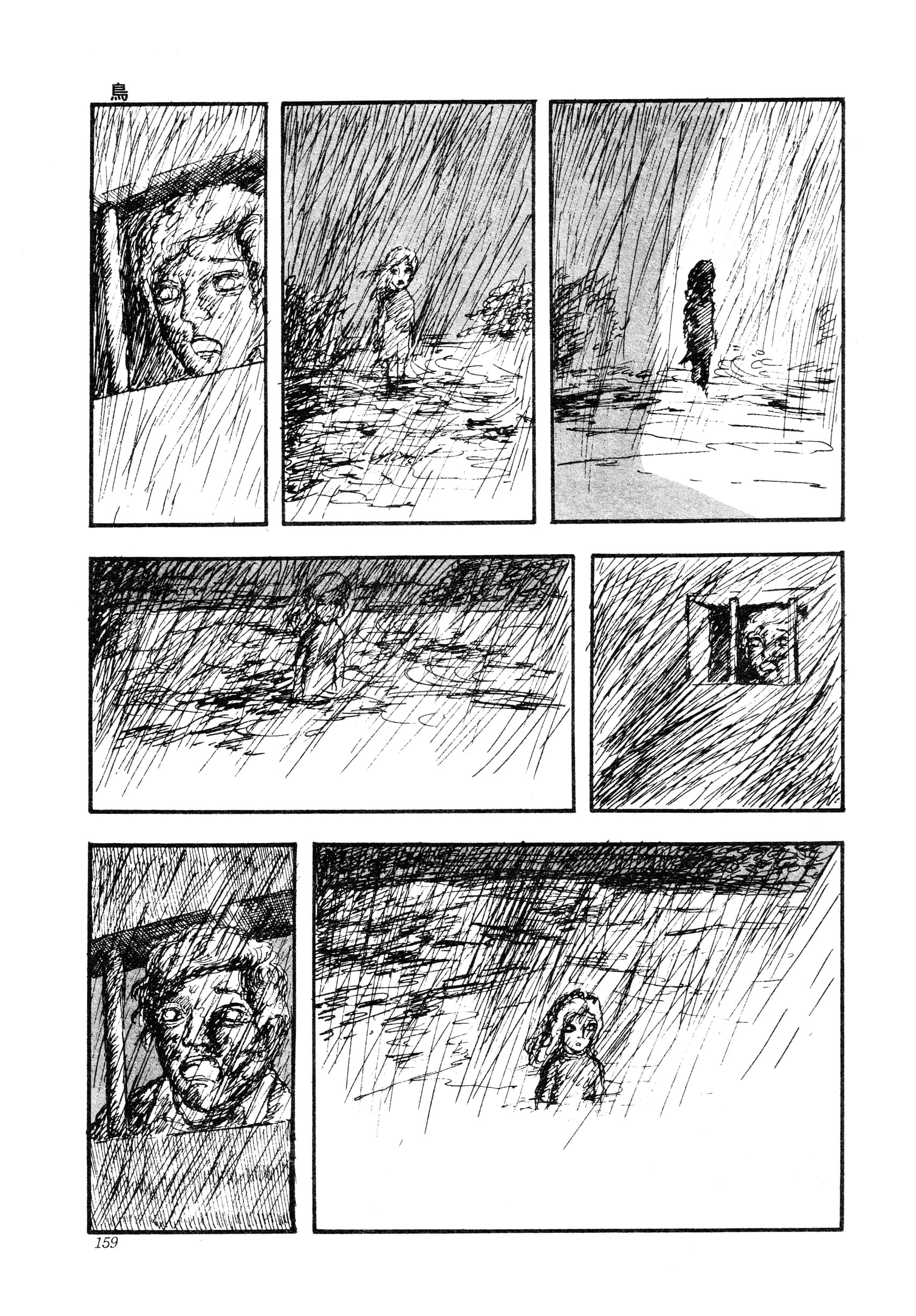
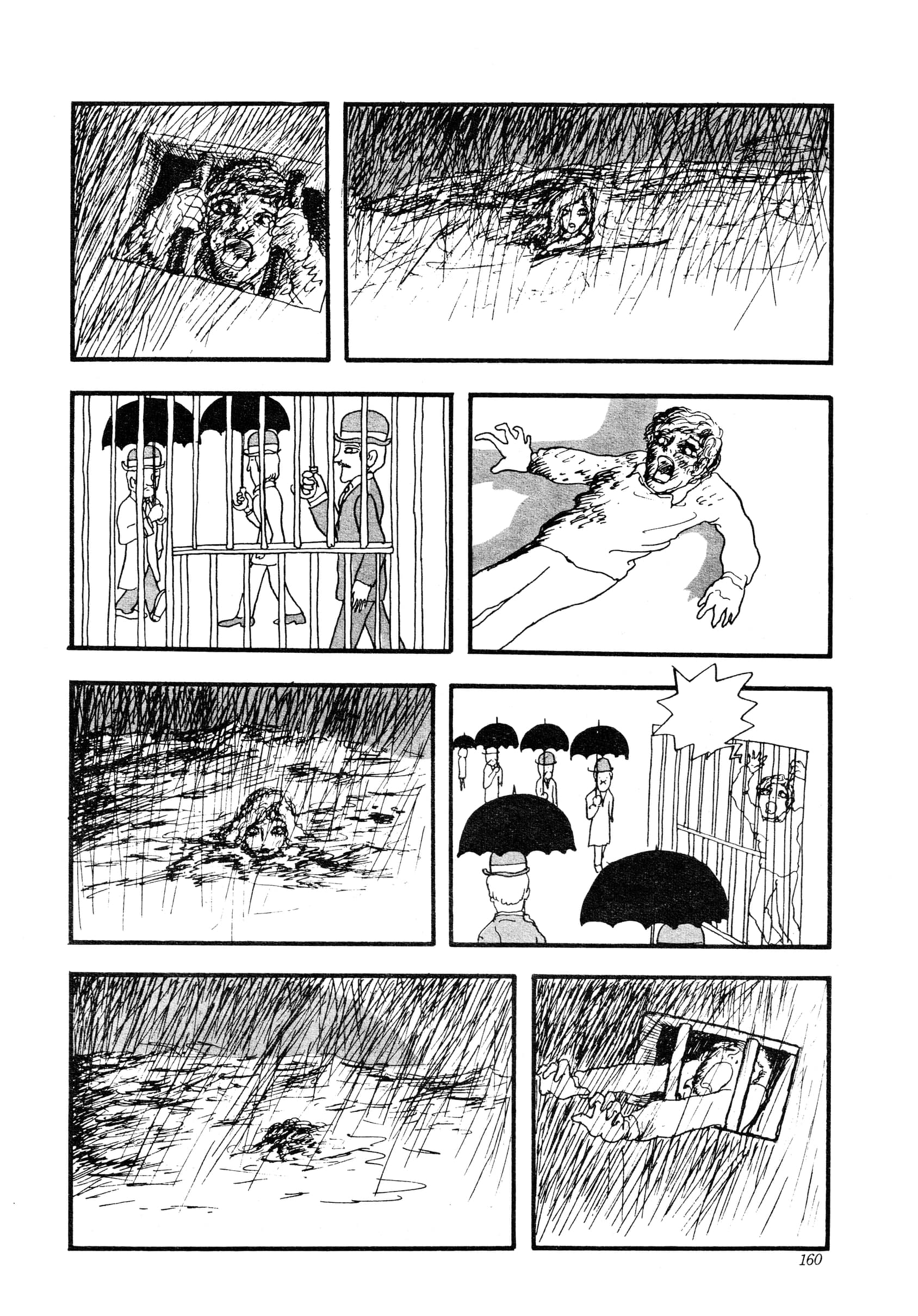
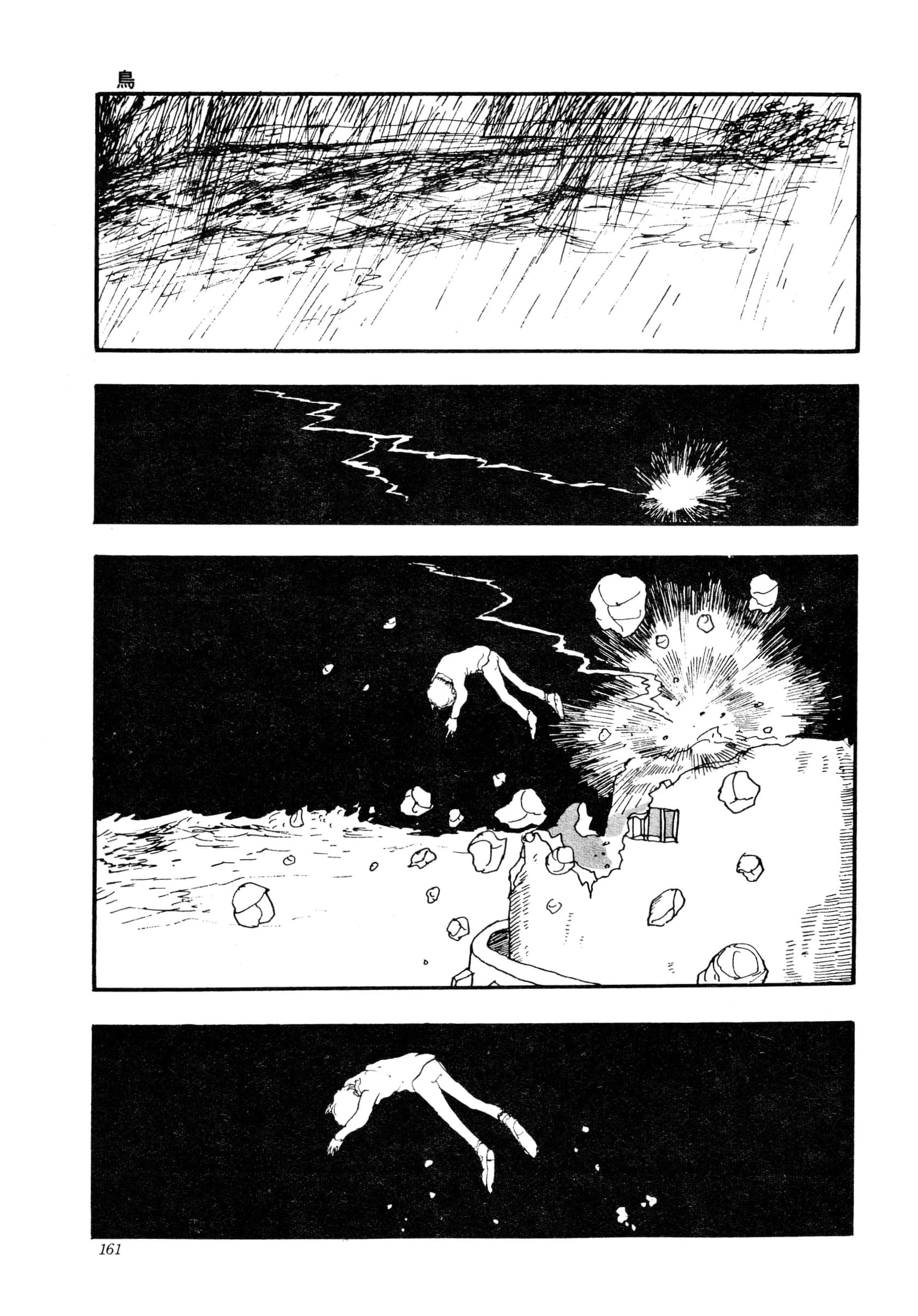
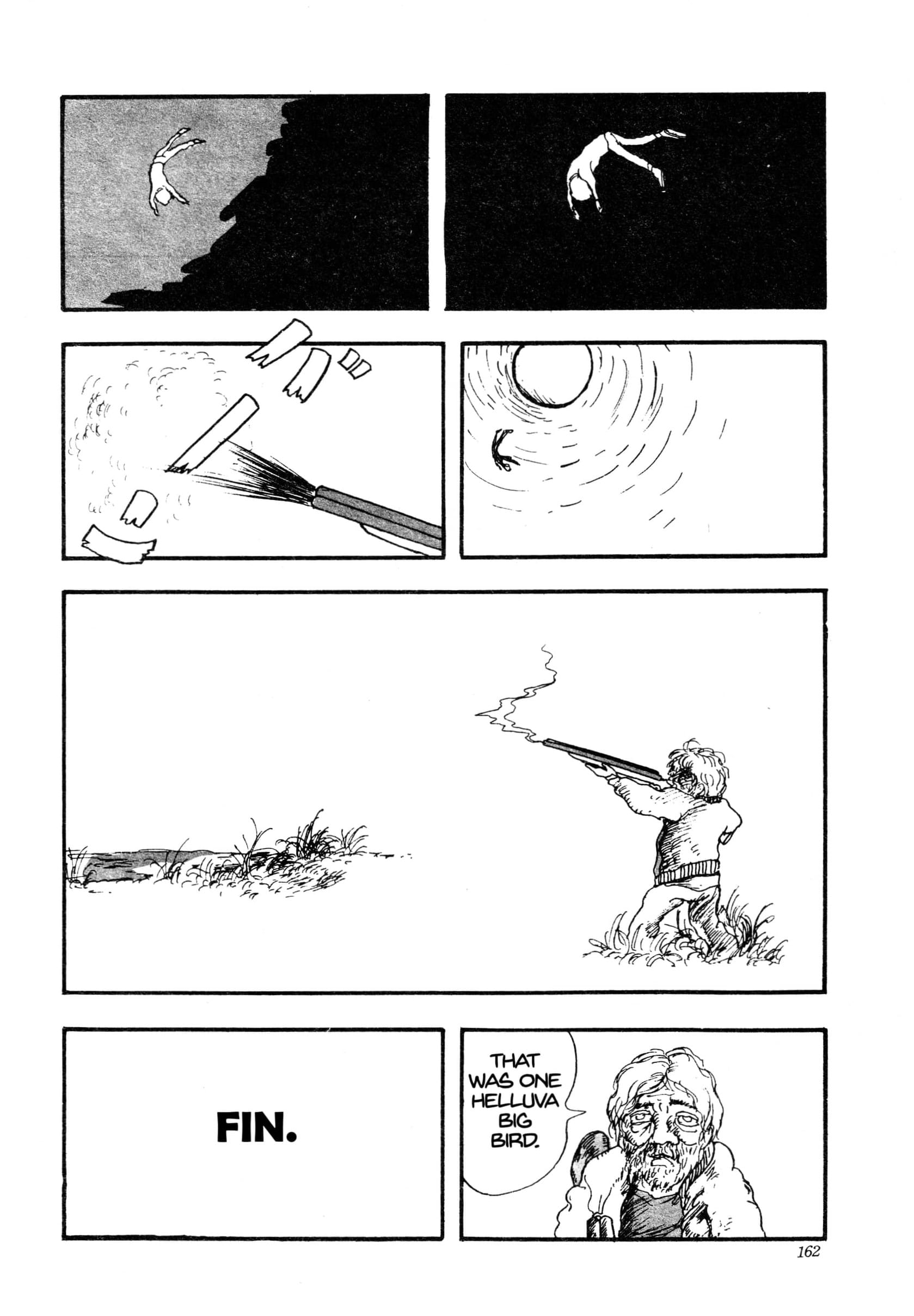
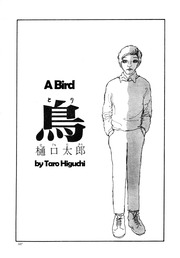
Music of the Week: Rock'n'Roll 1500 by Paradise Garage
When you hear “scum” in relation to music, you’ll probably go straight to the lovely melodies of scum punk. But for a while in Japan there was a niche movement using the term that was something very different—scraggly, barely held together mess music. Think legendary “bad” band (they are great, actually) The Shaggs. And a major force in Japanese scum was Paradise Garage. It rules. Lo-fi weirdo experimentation like if someone from a parallel dimension wrote the best rock album and sent it over, but it got messed up somehow in the journey.
Book of the Week: Ink-iro no Yoku wo Haku by Bino Umenoki
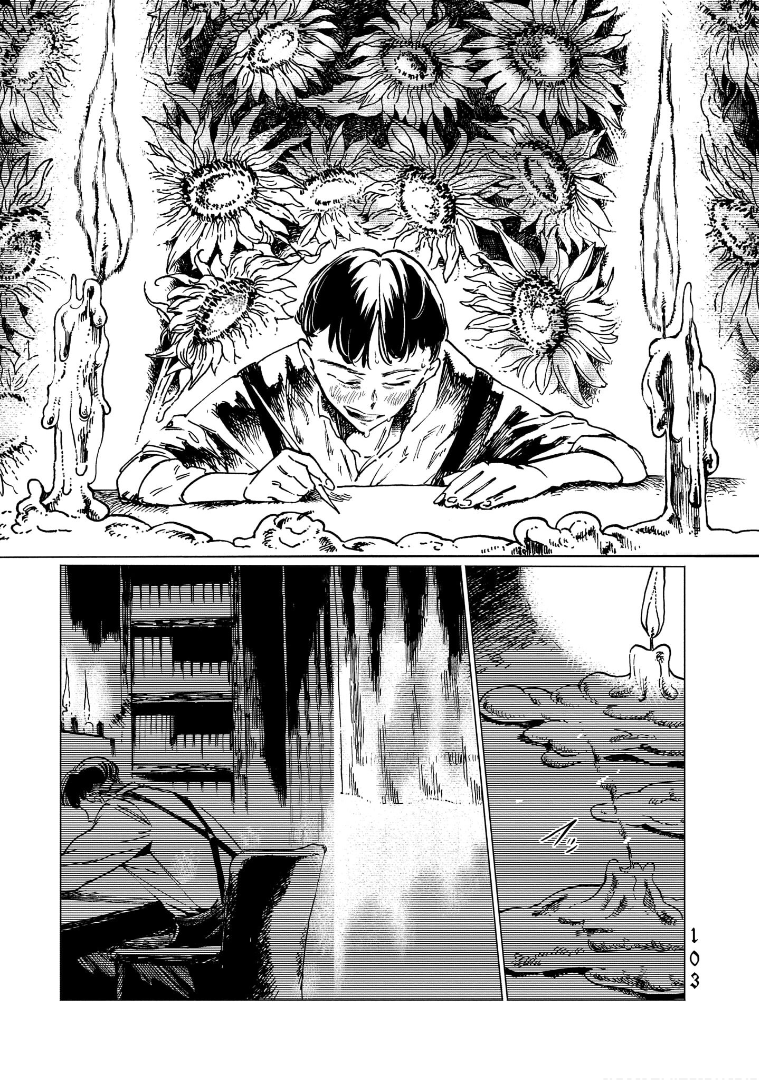
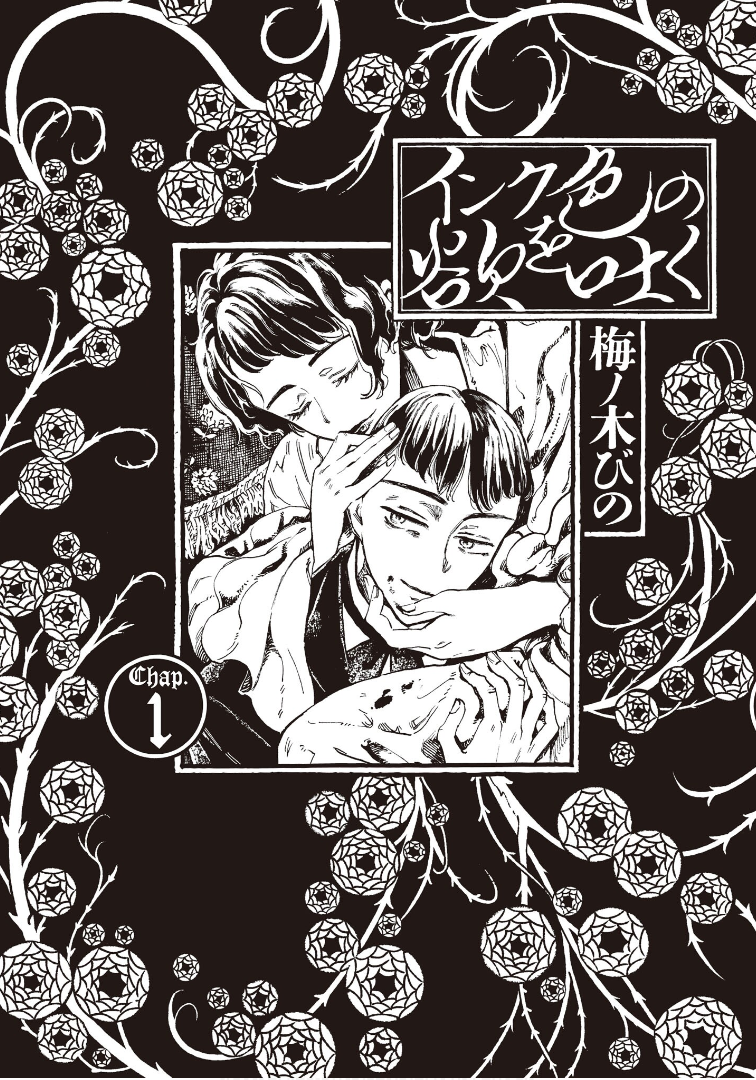
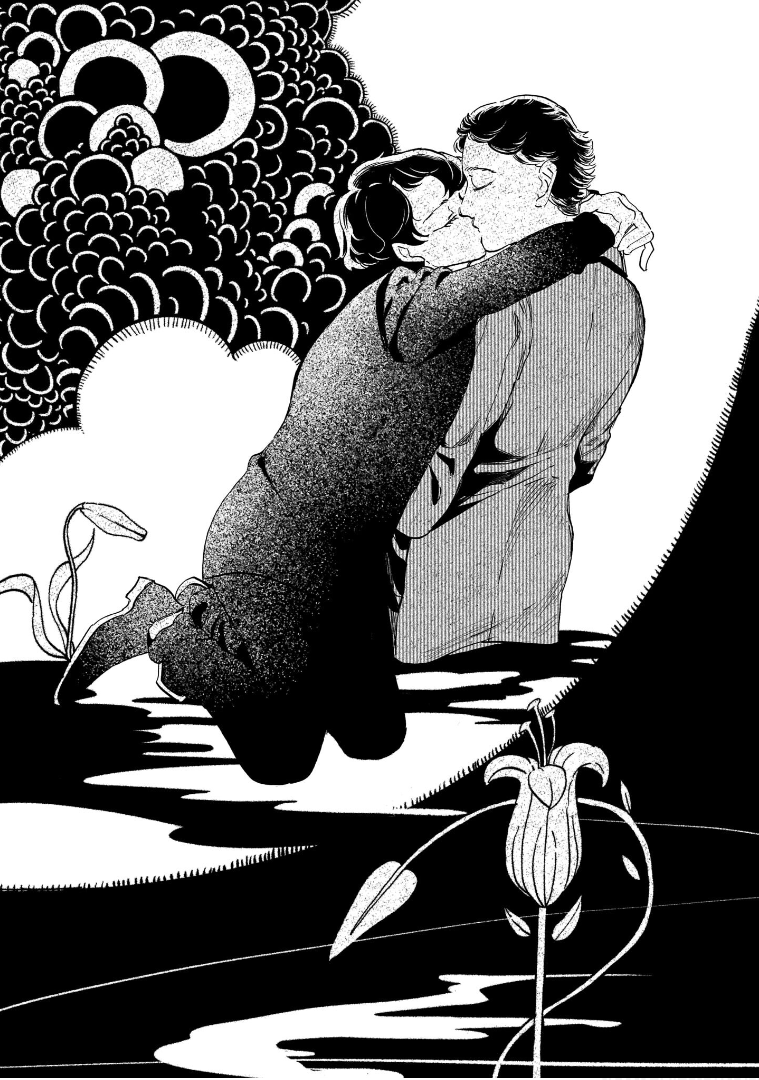
One of my favorite currently running series, Ink-iro no Yoku wo Haku is an ornate, expressionistic drama chronicling the later life of artist Aubrey Beardsley. It’s a truly beautiful manga, Umenoki drawing with such emotion and confidence, willing to let its imagery dip into the abstract or in grand metaphors, as well as occasionally incorporating Beardsley’s own style in surprising ways, but what makes it really sing for me is how perfectly paced it all is. There’s not a single panel or word out of place in this slow motion tragedy. The kind of manga that would be huge if there was justice in the world.
Movie of the Week: An Unforgettable Grudge (dir. Daisuke Ito, 1926)
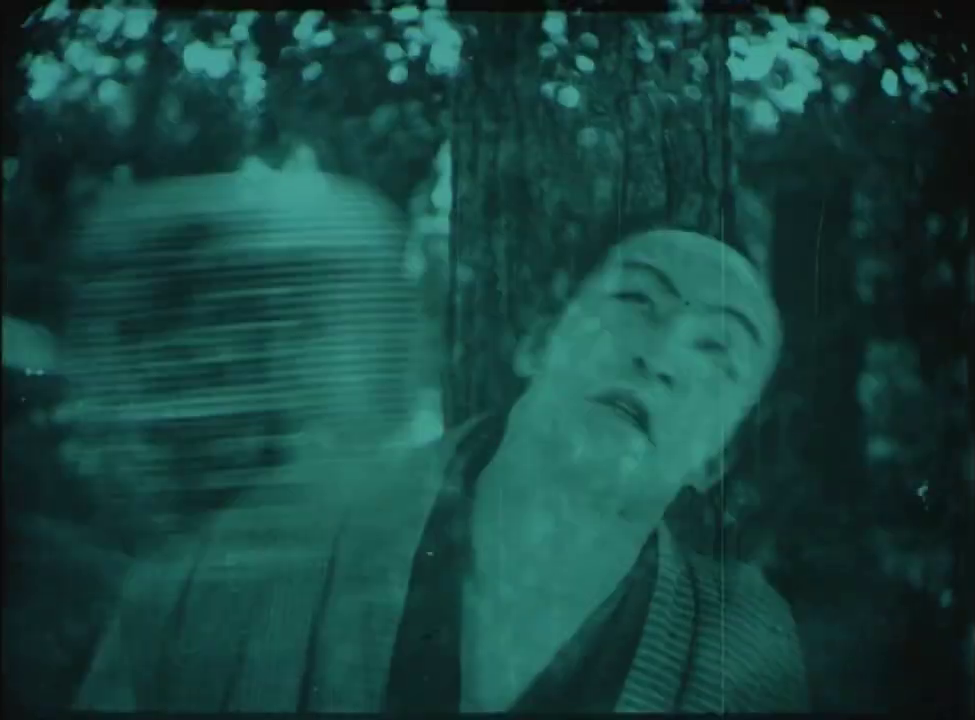
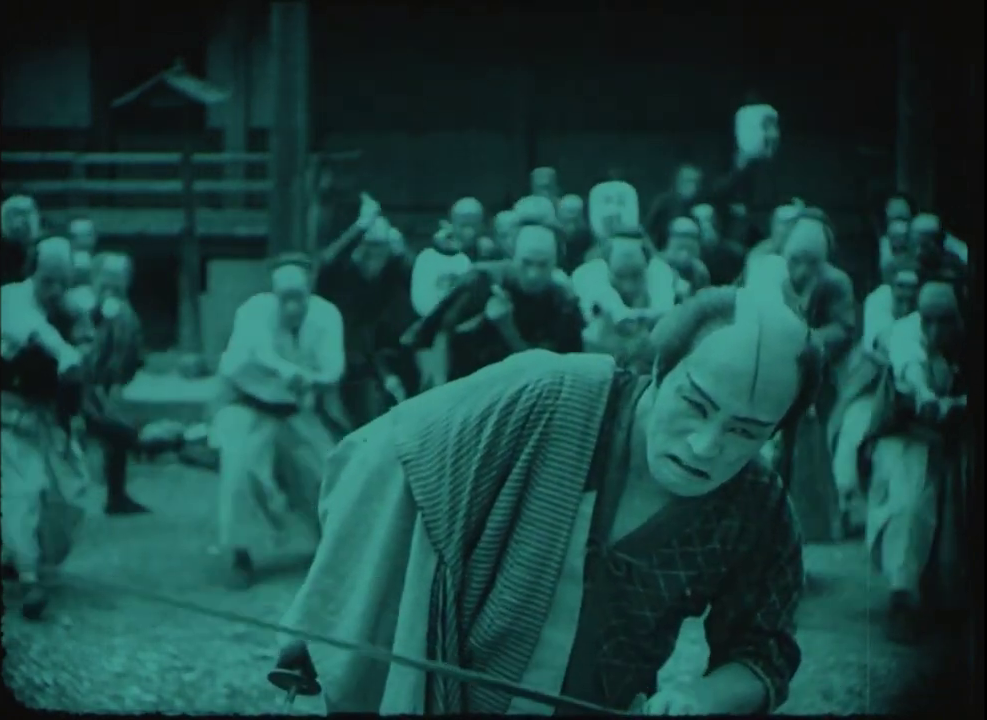
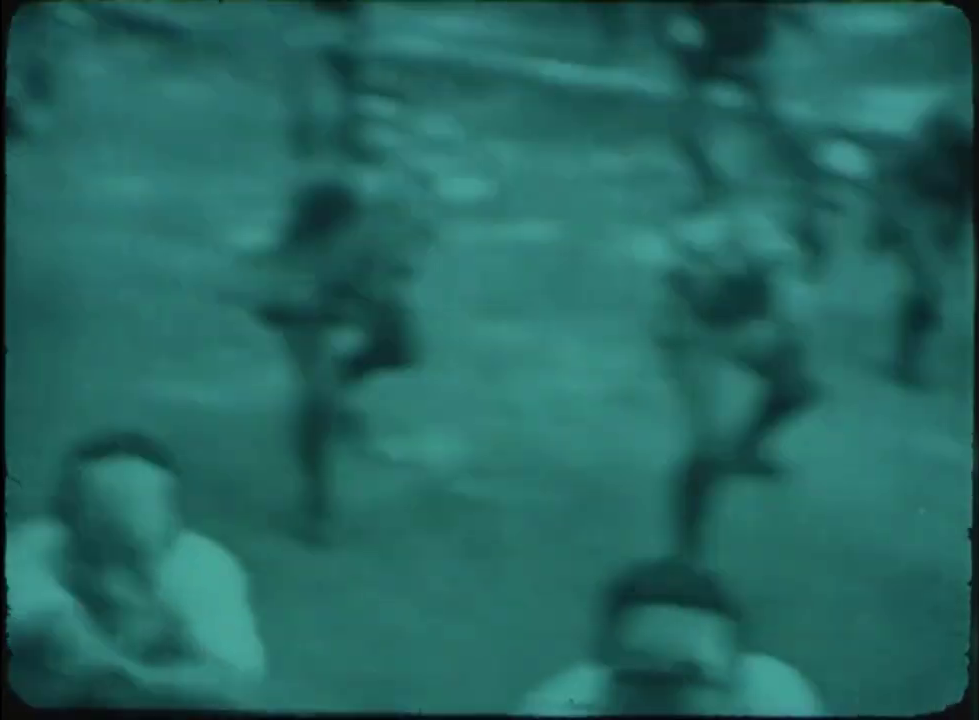
Only twelve climactic minutes remain of this silent samurai film from legendary director Daisuke Ito, but those scant minutes are enough to put this into the pantheon of action cinema. A non-stop one versus one hundred battle of desperation and madness, just about every second here reeks of almost shocking modernity, camera flinging and running and shaking about in furious cross-cuts as a nameless samurai fueled by rage becomes like a demon in a tragic and inevitable death. And when the film takes his perspective…it’s enough to convince you that Ito really was one of the greatest of all time.
Have thoughts about anything covered this week? Got a recommendation you’re dying to share? Want to tell me how handsome and cool I am? Leave a comment below!
oh, and here's a video showing the million connections between tokusatsu and anime.

